In Conversation: Thomas Azier and Ayoto Ataraxia




























In conversation: Thomas Azier and Ayoto Ataraxia, as published on OnePointFour, on 2020.05.19
Musician Thomas Azier and filmmaker Ayoto Ataraxia met three years ago at a time when they were both questioning the rules their respective industries asserted over their work. Here the two artists discuss how their desire for more improvisation resulted in this collaborative fusion of pitch perfect music and film.
Thomas: When we met again in 2017, we both shared a strong desire to become more independent and questioned our industries and ways of working a lot. I was drawn to your intelligent way of thinking and curiosity, and it was the first time I met someone who was somehow on a parallel journey. Do you remember when you started sharing Tsai Ming Liang’s films? And you, Ellen (Creative Director of all the films and music I’ve made) and I went on a streak of watching his entire filmography? Looking back on it, I feel this became an important reference in our work. Sharing all these references helped us communicate. Can you tell me how this work resonates with you?
Ayoto: I was introduced to Tsai Ming Liang’s work around 2012 with Wayward Cloud. At the time, I couldn’t understand it. There were so many things in that film were out of reach for me then. The musical elements, the sexual elements, even dealing with literal ‚pornographic‘ concepts (Hsiao-Kang’s character’s own investigation and process of working with pornography). When you and I met again in Berlin I was deliberately taking time for myself, getting out of the grind of the city. I started to read and watch with more attention, not just looking at classics but investigating the voice of a director. I would start chronologically watching the whole filmography of a director to understand a director’s struggles, questions and curiosities. There were independent films coming out of Asia which I loved and are still relevant today, Noriaki Tsuchimoto, Nagisa Oshima, Hou Hsiao Hsien, Edward Yang. In particular, there was something about the ’80s / 90’s Taiwanese cinema that I was particularly drawn to. Some of these films are quite difficult to find, which is such a pity.
About Tsai Ming Liang, there’s the relationship between him and his actor Lee Kang-sheng. The way their work spanned through their entire careers. A kind of love affair and mutual fascination. An on-going conversation. I remember when I came to your place, and you suggested that we interview one another, we had the camera out and just talked and recorded our conversation.
Then there is the backdrop of what was happening in Taiwan, politically, socially, environmentally. I realized that the experience of Taiwan’s transition through the economic boom since the 1980s, the increase in GDP, but also the growing alienation, is something that many parts of the world are going through now. It took me almost a decade to reach the maturity to understand the importance of these films. Tsai Ming Liang’s films were a window onto what was happening, with intimate stories that showed Taiwan in a more experimental way. They felt truthful and exciting to me.
I think both of us questioned conventional ideas of beauty and niceness.
Thomas: I wrote and recorded the voice for Hold On Tight in one night during an improvisation. Ellen was convinced I should use this first take because it contained the right emotion and a spirit. It took me over a year to accept this ‘unprofessional’ idea of having no lyrics. First I thought it was outrageous but then I started seeing the beauty of this glossolalia.
Somehow the past years you have been questioning the rules the industry asserts. I think we were both longing for more danger and improv in our work but didn’t know exactly how to get there. For the shooting of HOT in Myanmar, and the editing process you had to go through a similar situation of acceptance that I experienced with this vocal. How did you manage? And why Myanmar?
Ayoto: I had a professor, Sergio Messina, that reminded me when I was in undergrad to “never become a professional. Always be the amateur.” The Latin origin of the word amateur is amatore which means lover and derives from amare, to love. Interesting how this contrasts with the etymology of the word professional, from the late Latin profere to profess, confess, to acknowledge. To profess their skills to others. For Hold On Tight I was letting go of my own idea of being professional and allowed myself to feel.
Thomas: HOT started with the idea of a motorcycle scene that Ellen had in mind. When we discussed shooting the video you told me about a memory of you and your dad driving a motorcycle. People don’t know this maybe, but we can see you in this video too driving with an older man. I’m glad you shot this scene and you are in it. Do you mind sharing the memory with me again, and how you feel watching it back now?
Ayoto: There were so many aspects we questioned and feared. You were afraid of working with a live orchestra, though your great desire and intuition knew that was the right process. The practical mind doubted yourself and wanted to bypass all that. I had gotten so used to the madness of large scale productions, which had very high expectations about the technical aspects. Spectacles. Hearing about your inner process and ‘unprofessionalism‘ of following your instincts, gave me the idea to share memories of my father and I. Images of people riding scooters and motorcycles in Asia kept appearing in my mind. The relation to freedom, together with danger, chaos. Senza paura, or without fear as they would say in Italy. The story with my father is that whenever we were together in Taiwan he would ride, and I would sit in the back, as he was the elder. I invited him to ride a motorcycle with me once as a guest, he sat behind me and handed his trust over to me. This transition, from father-son to adult-adult was a special moment and image for me.
When I spoke to you on the phone, you were very encouraging and had no doubts. The only thing I knew was that we had to shoot it in a place where people still rode without helmets. I thought of Vietnam, Thailand and Myanmar.
I found a cinematographer quickly, Matt Moro, who makes beautiful works on 16mm, which was exactly what I wanted for this film, for the directness, the memorial quality, and the directness of the process. He told me that he believes the best years for films were probably the 80s and 90s Taiwanese Cinema or the New Taiwanese Cinema and then showed me a video on his phone where people were riding scooters without helmets. I said, “I’m coming in two weeks”. He didn’t think I was serious.
We had a very small crew, I had just one assistant, Nate Margolis. who flew in from New York to help, and a great local production team, Moonji. The entire process was very trusting. We didn’t discuss endless mood boards and references. There was a simple idea, and we stuck to it. Just an adventure. I knew I wanted to be also in front of the camera but I felt nervous. Watching it now, it’s still very emotional for me.
Thomas: You finished shooting and went to Thailand to develop the 16mm films in January. We were talking about finding an editor and you expressed your desire to work with someone with an objective view. I hadn’t seen anything and was curious about what you shot. One night you sent something and Ellen and I were amazed by your film and edit, it was perfect. How did the edit happen, where were you, and how did you know it had to be like this?
Ayoto: The edit was much like your process for the music. Matt had brought the film to the lab and then transferred it to me. I was already in New York. My assistant Nate was reading up about Covid-19 already in Myanmar and was very concerned. In retrospect, I felt fearless, it felt far, something I didn’t know how to think or relate to. I received the transfers and wanted to find an editor. I made a rough cut to have something to show people. I was jetlagged and woke up at 4 am, and I just edited the whole thing before my 9 am meeting. I was hesitant to share any of the footage with you as I wanted to show you something finished. We all went through the experience of working on something for too long when the first intuition was much stronger.
Thomas: I remember Ellen showing me Life from Pelechian on Youtube and it changed the way I do music. The past months we’ve been talking about the distribution of our work. What is your view on this at the moment, and do you think we can be hopeful? How do we find new ways?
Ayoto: I wouldn’t be where I am today if it weren’t for the sharing economy of the internet. A peer to peer constructed wiki of information. The free access of resources that are outside of the ever tightening grips of the capitalistic systems. Of course, it is great to have artists compensated for their works. But if you look at the current system, a lot of artists never see the profits made on their works. Currently, most people do not have the luxury of choice and availability of content. The algorithms push for basic easy preferences, so that one cannot see outside of their own patterns. We are living in a time where we are given the illusion of choice, but in reality, we have very little freedom. As a generation, we are still very much suffering from the almost century of anti-communism propaganda. I am not advocating communism, but like most subjects in today’s world, we love to over simplify concepts and choices. A or B. On or Off. Yes or no. We’ve reached late capitalism, and the effects are presenting themselves plainly.
Luckily, there is a wealth of treasures still out there, full of fascinating stories and beauty. Yet, because of censorship, copyright problems and a commercial war on our attention, much of it never sees the light of day. I’m not quite sure how the future will look, as currently, we seem to be heading towards a facism of data. To quote Byung Chul-Han, we are living under the tyranny of positivity and dataism.
I became also quite fascinated by Japan’s period of pink films, or roman pornos. These erotic films made for local theatres had a loyal handful of customers. They were able to bring in about 90,000 dollars per film, when they were made for 20-40k. The margins were tight, but it was possible. It’s fascinating to see how they were pushing the edge of censorship, because it was quite underground. They were actually more free than big studio blockbusters, which have infinite more constraints in the name of massive profits and investment.
I wonder if it’s possible to return to smaller economies and supporters, patrons of arts. These processes are after all dialogs between people within a community. We are falling into non-awareness, we are tired and search ease. I love very much the quote from Aldous Huxley, whom I believe paints a clearer picture for our modern dystopian society in a Brave New World: “But I don’t want comfort. I want God, I want poetry, I want real danger, I want freedom, I want goodness. I want sin.”
- Man on Ship 08.2024
- Boys Told Not To Swim 07.2024
- Phoini cuts onions in kitchen with sunglasses 07.2024
- Self-portrait 07.2024
- The Day After the Sexual Revolution 07.2024
- Mapping the four discourses and the Olausson’s Family 07.2024
- Grandma holding my terror 07.2024
- A Spring of Bittersweet Melodies
- Beyond Fashion 2019-2023
- Sadness of Pleasure: Zen and the Art of Squirt Feb 14, 2023
- My Film with Andrei Dialectic 12.02.2022
- My Film with Andrei Review by Felix Ruckert 22.01.2022
- Collected writing
- Neoliberal Imagery, Colonialism and Identity
- My Film with Andrei Poster Experiments
- My Film with Andrei, Or: How I Learned to Stop Worrying and Document a Sex Party PRESS PREVIEW (2021) 2021.11.14
- My Film with Andrei | Official Teaser HD (2021) 2021.11.28
- My Film With Andrei Or: How I Learned To Stop Worrying and Document a Sex Party 2021.11.28
- Tokyo Recordings 03.09.2021
- No Country for Diasporic Men album 22.07.2022
- Thomas Azier 2020.10.29
- River Crossing 2020.10.23
- Nowness Asia Interview 2020.07.24
- In Conversation: Thomas Azier and Ayoto Ataraxia 2020.05.19
- Hold On Tight 2020.05.01
- Breathless
- A moment in Paris
- Eclipse of my heart
- P.K. 14 Portraits
- The Moon
- The Room
- PJW577 Bodies
- Future Spaces
- Beyond Fashion Exhibition 2019.01.01
- A$AP Rocky
- Pure Barre
- A new face
- PJW576 Intimacy
- Sunrise
- On the roof with Colleen
- Ana-Leigh
- Feeld — Intimacy Research
- Feeld in London
- PJW572 Vogue Italia 2017.04.17
- The Kinfolk Entrepreneur
- PJW555
- PJW554
- Hermès
- PJW551
- PJW543
- PJW542 Interzone
- PJW541
- PJW535
- Face
- PJW527
- PJW520
- PJW515 2015.10.15
- PJW512
- PJW508
- PJW505 Material Turn
- The Immaterial Turns of Baumeister Jung 2017.10.21
- Violet Hands 2017.12.09
- PJW506 LAB
- Visionaire: Brooklyn Dreamspace 2016.12.01
- PJW504
- PJW406
- PJW391
- PJW388 South Sudan
- PJW381
- PJW373
- PJW370
- PJW369
- PJW323
- PJW320
- Material Turn
- PJW315
- PJW292 2016.05.02
- PJW287 2016.04.29
- PJW283 2016.04.29
- PJW276 2016.04.29
- Metal Magazine Interview 2014.05.08
- Estelle — Conqueror 2014.07.22
- Silicone 2013.12.01
- PJW260 Grovelling
- PJW246 2012.12.01
- Bibliography
- Bio
- CV
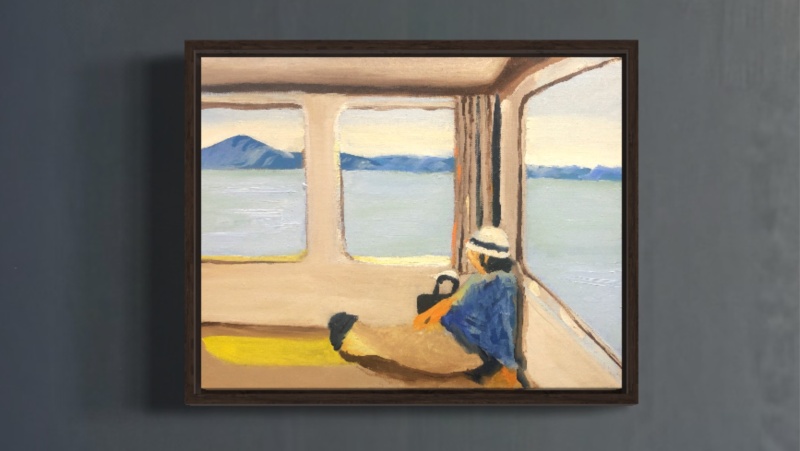
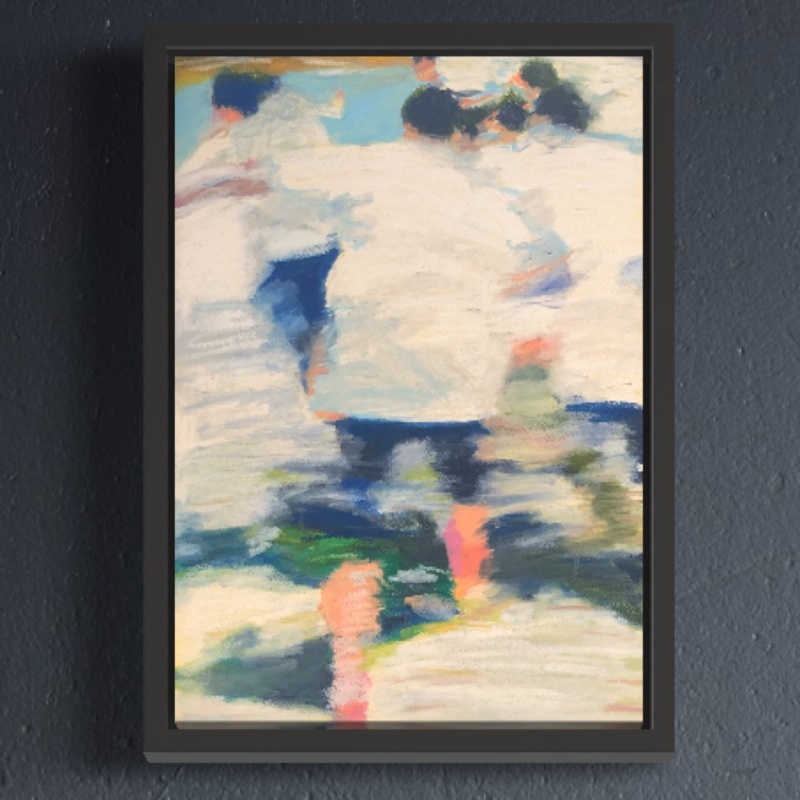
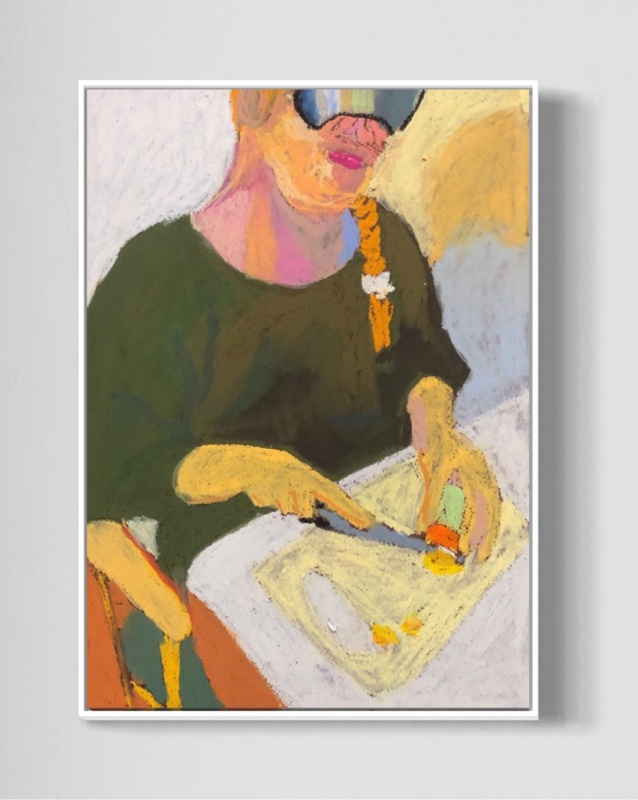
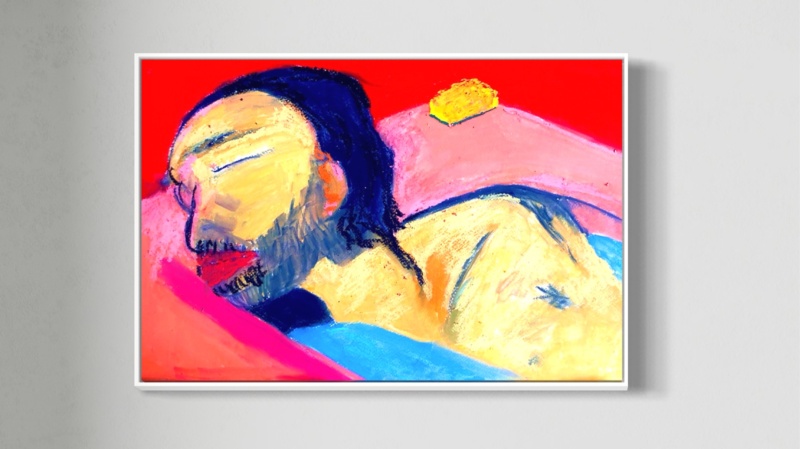
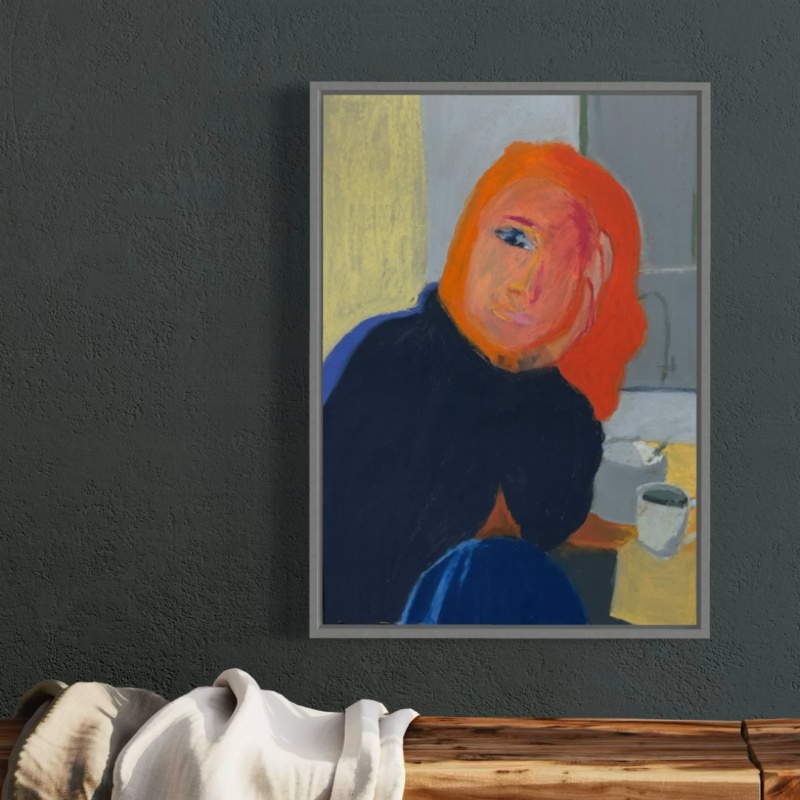
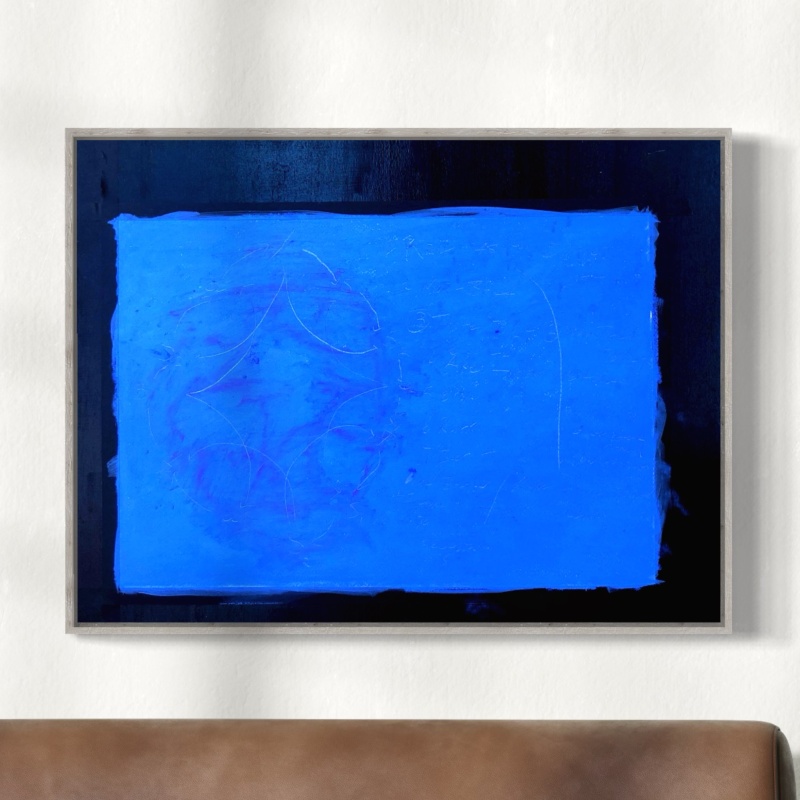
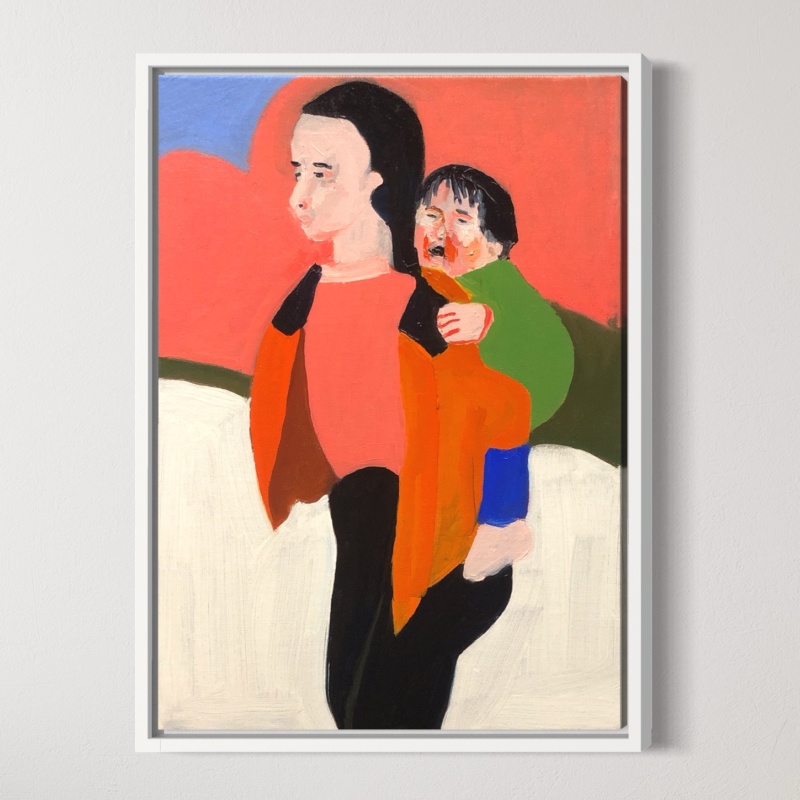
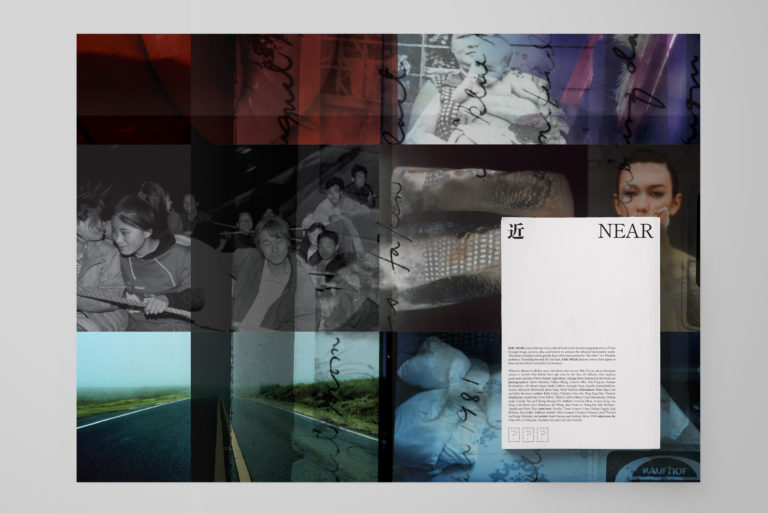
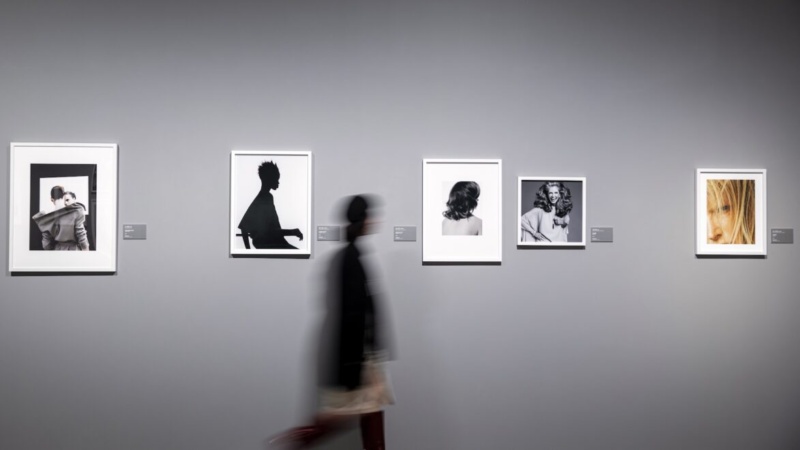
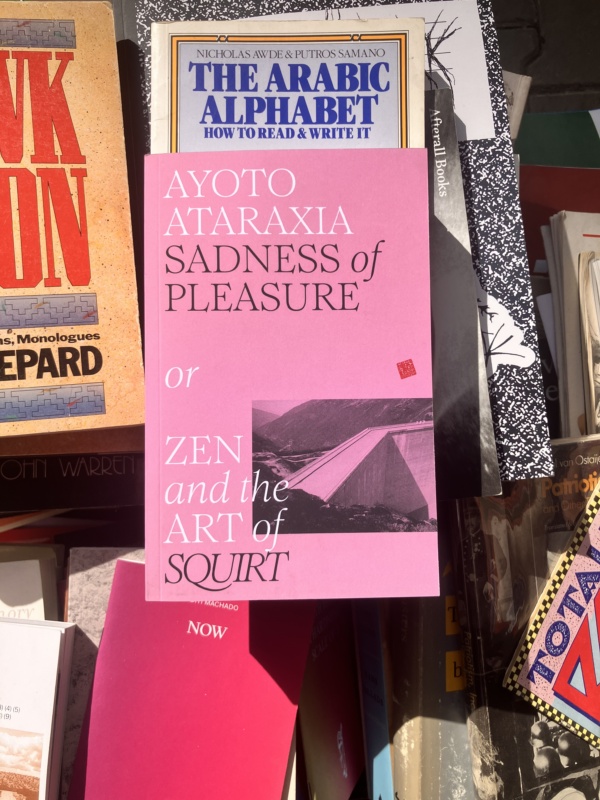
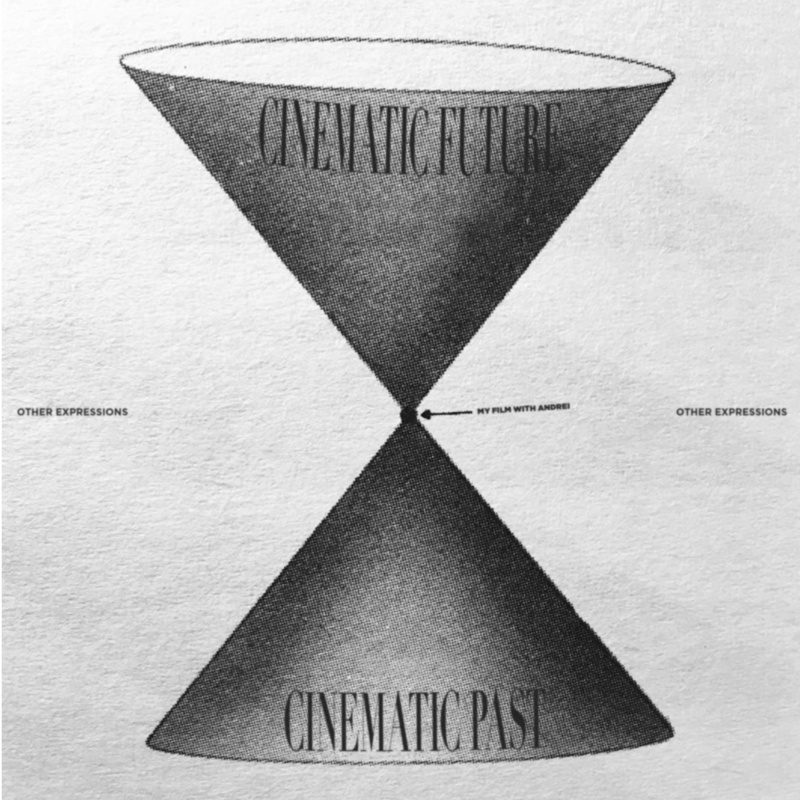
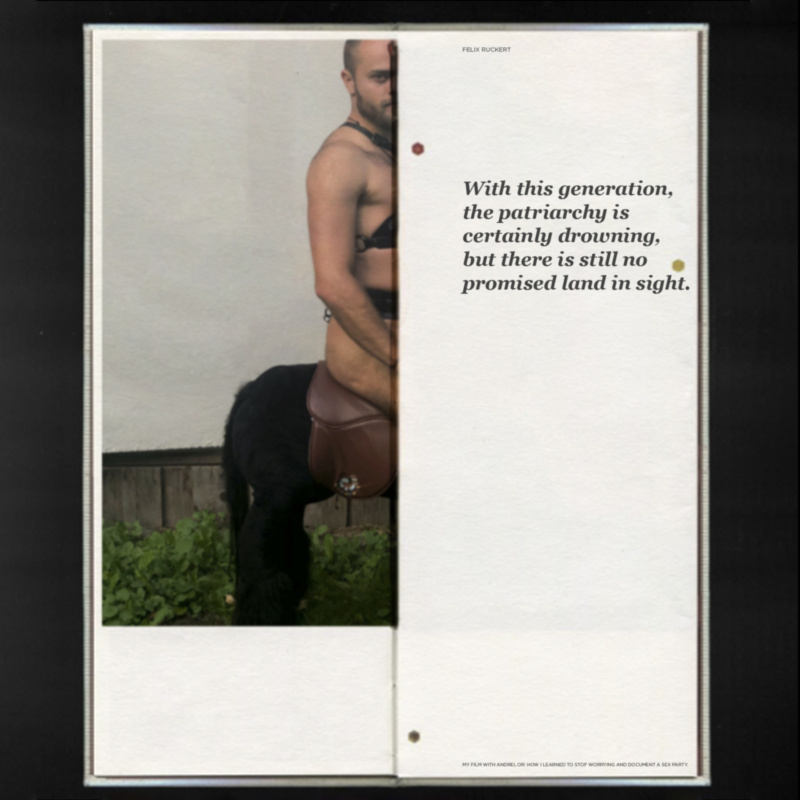
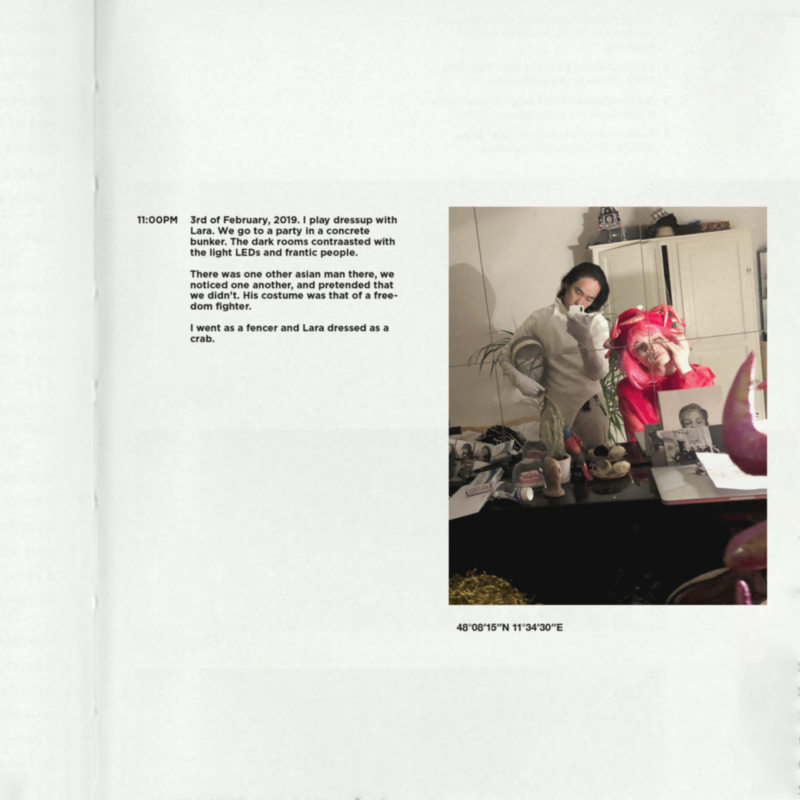
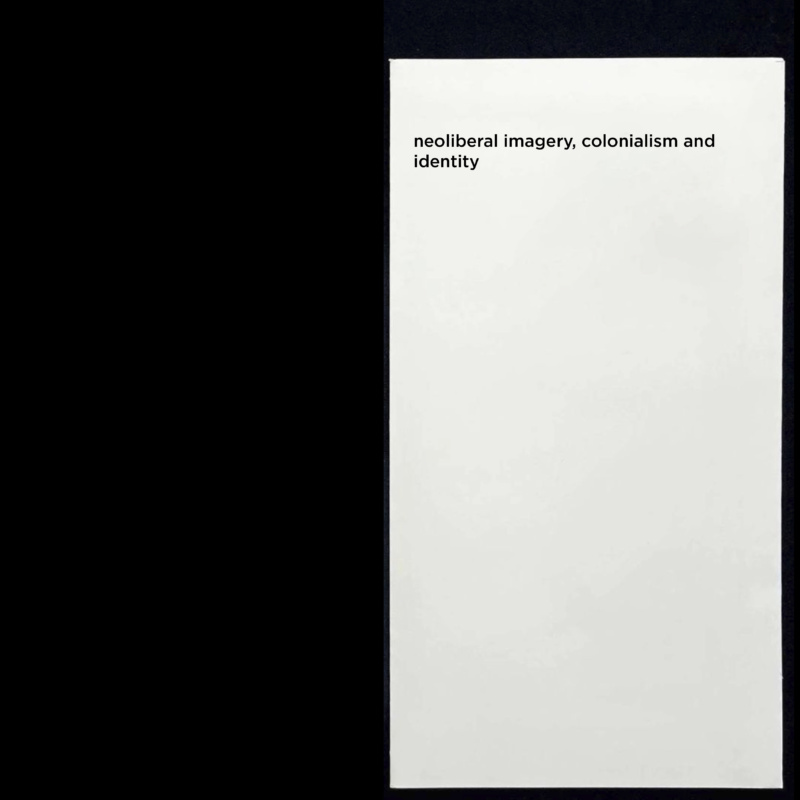
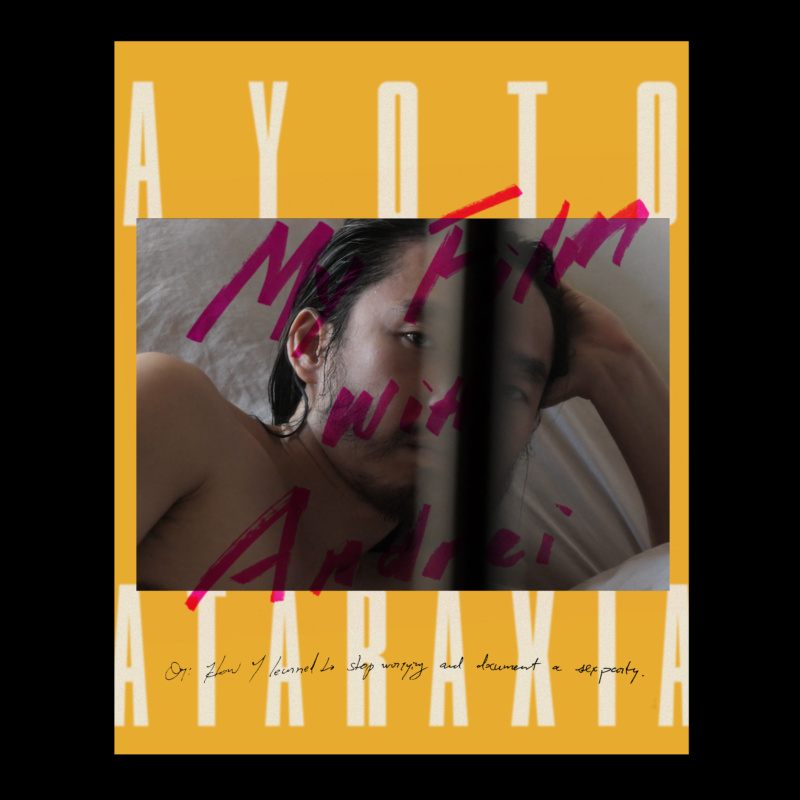
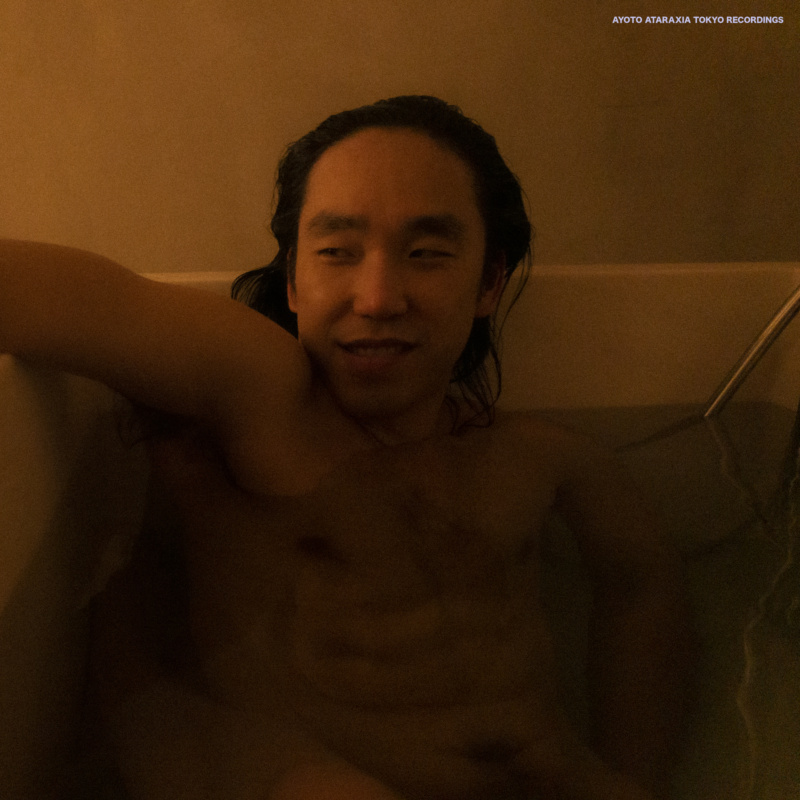
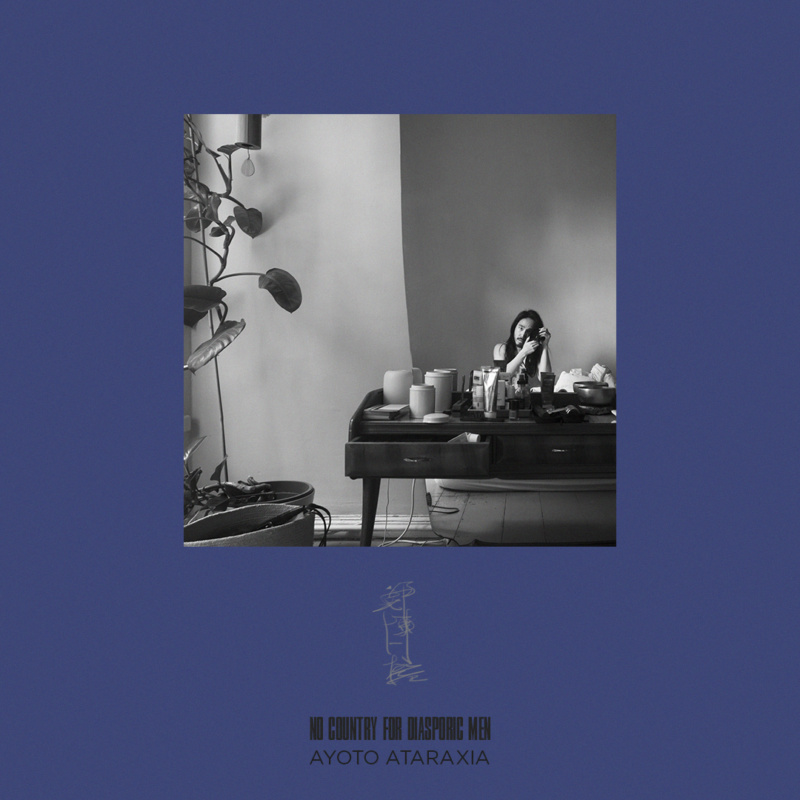
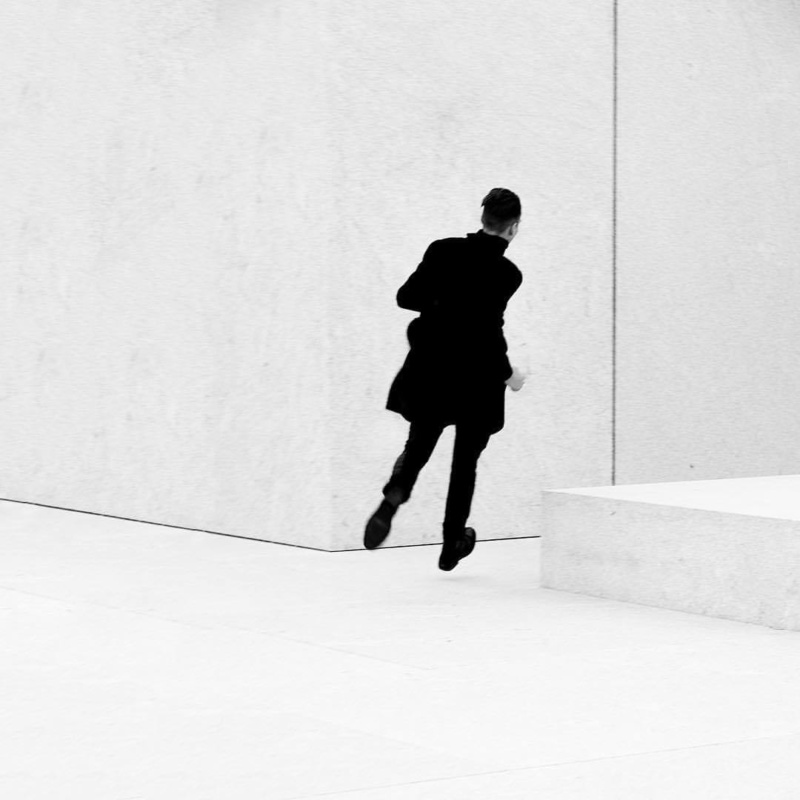
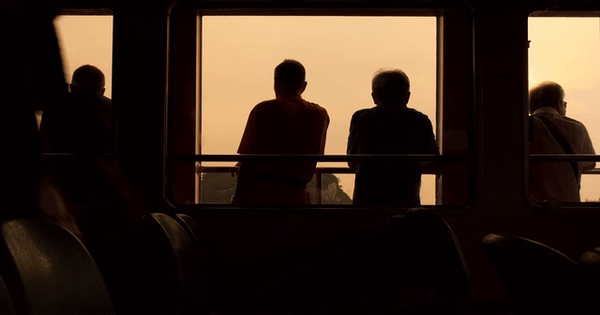
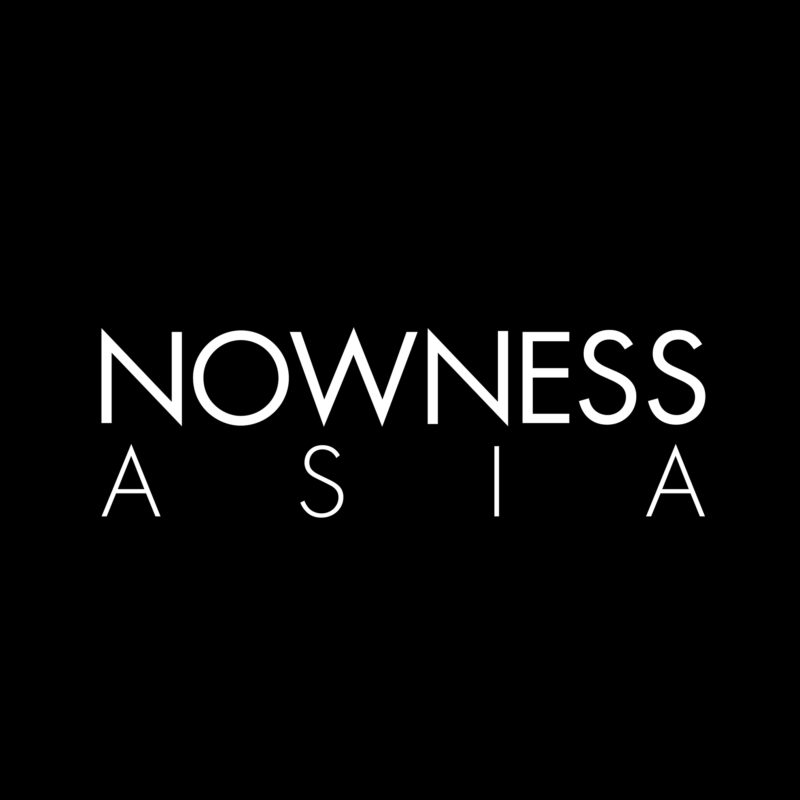
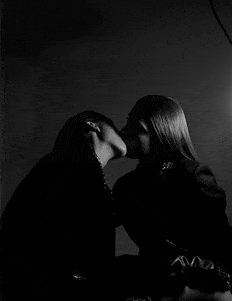
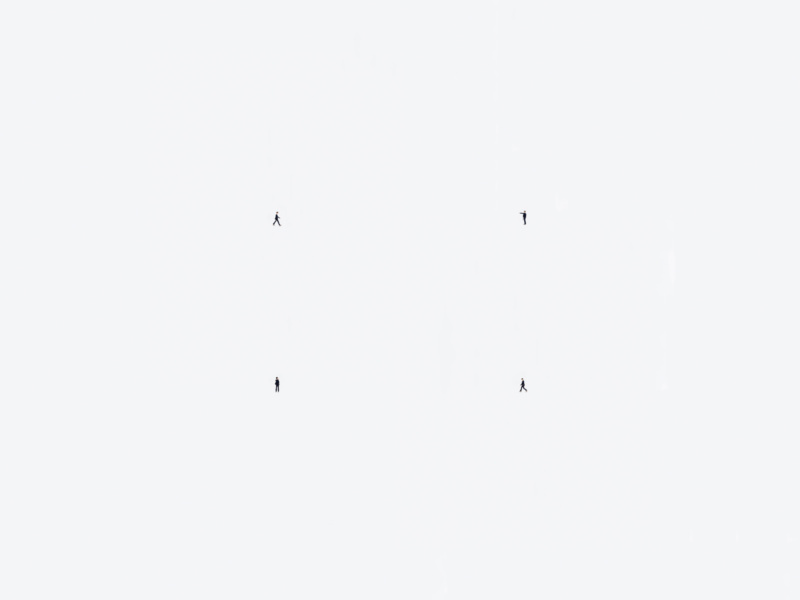
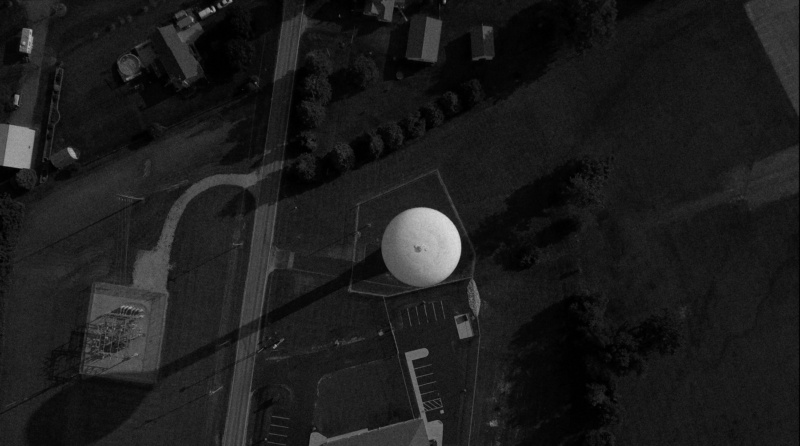
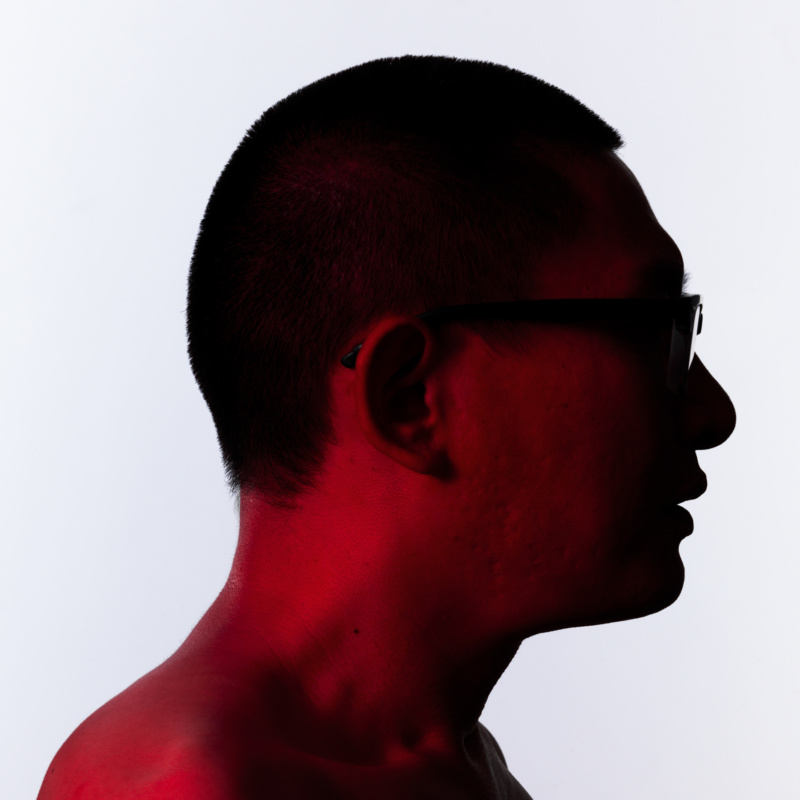
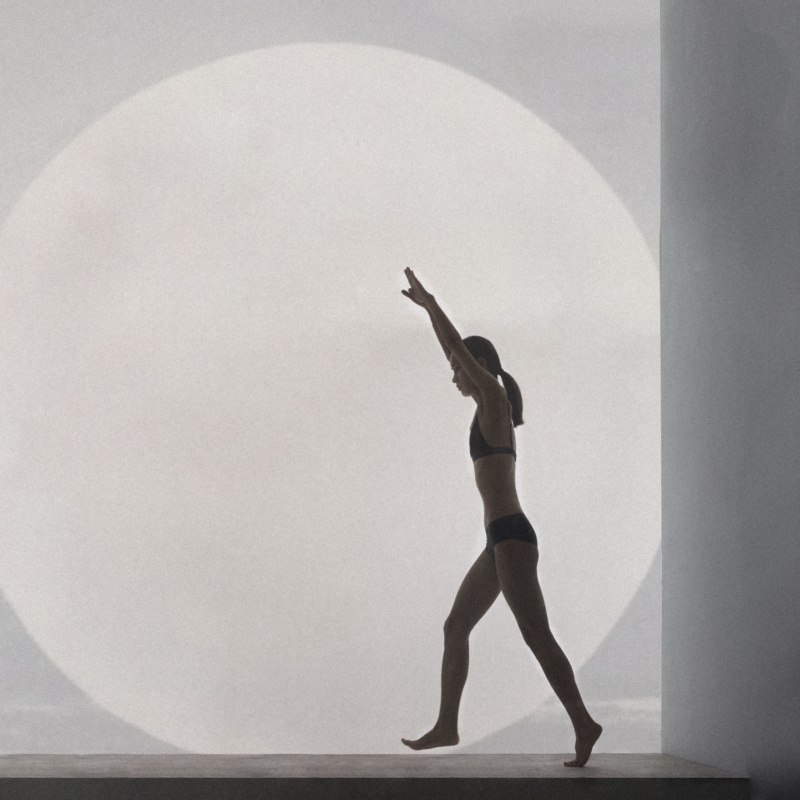
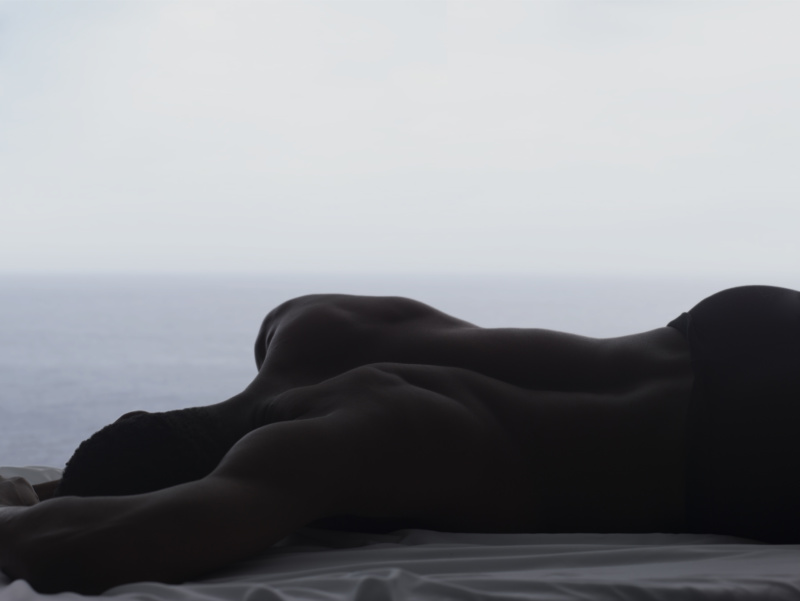
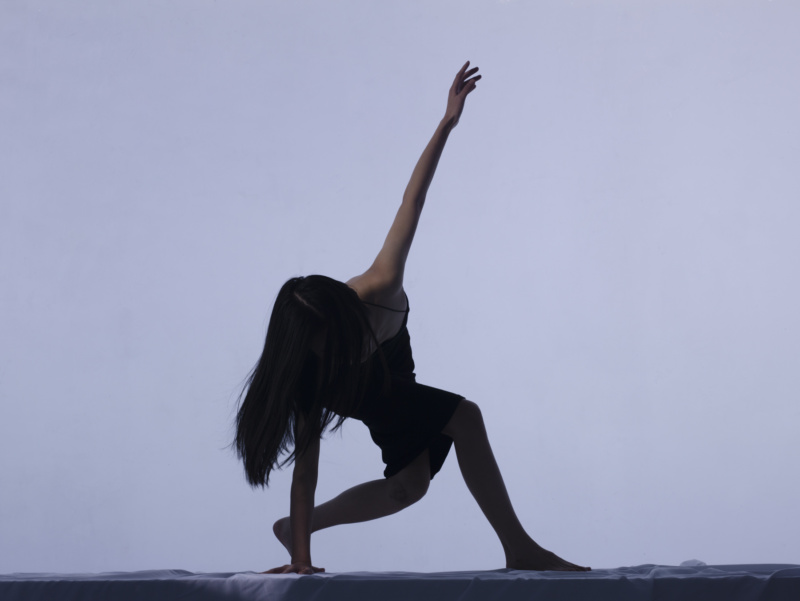
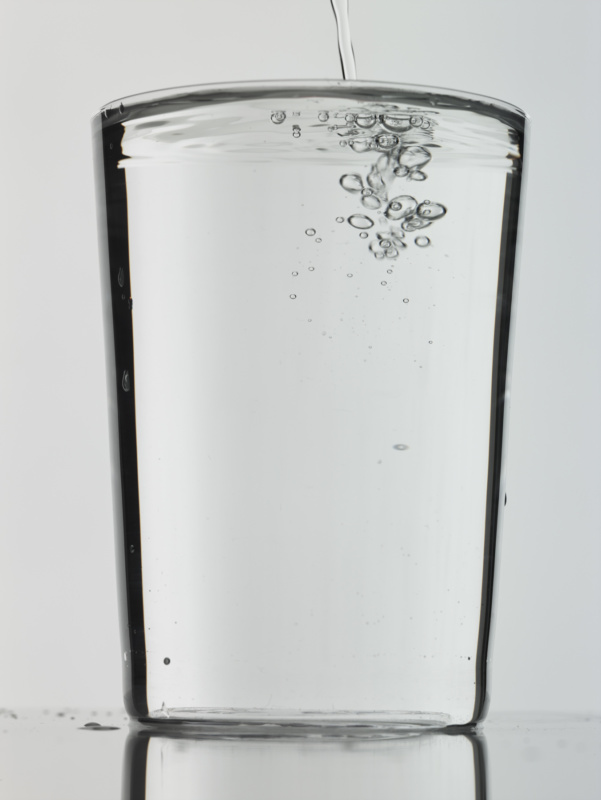
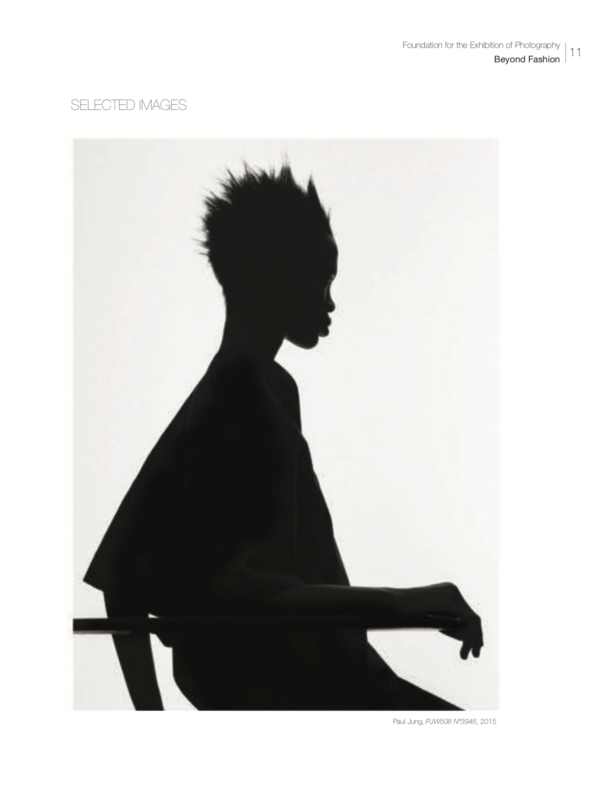
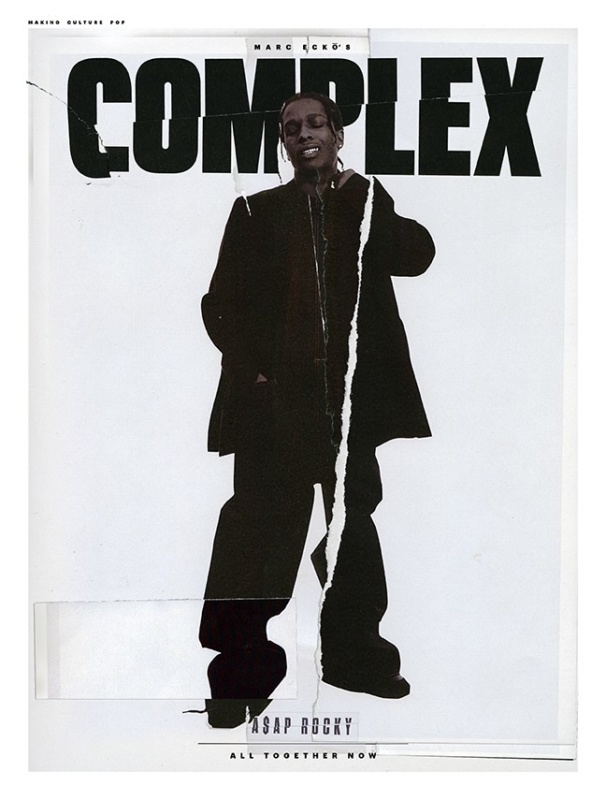
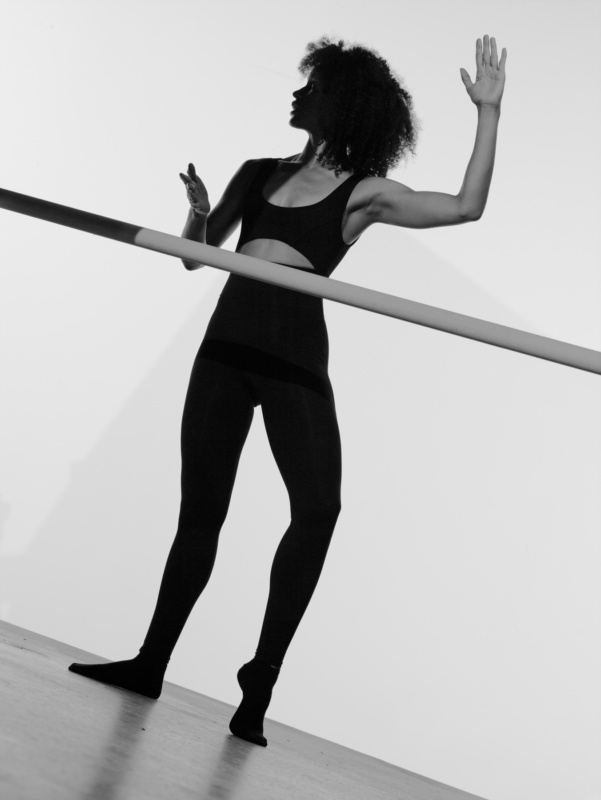
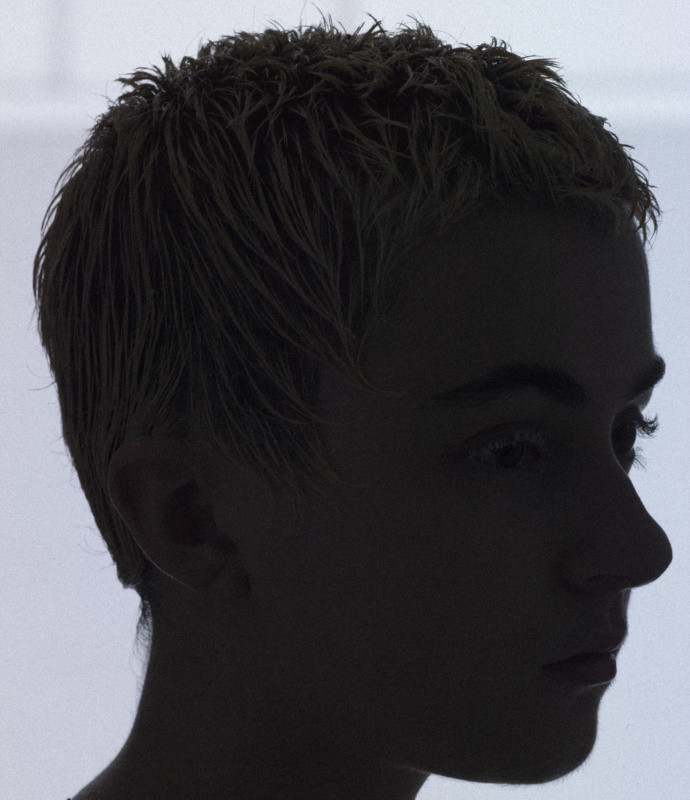
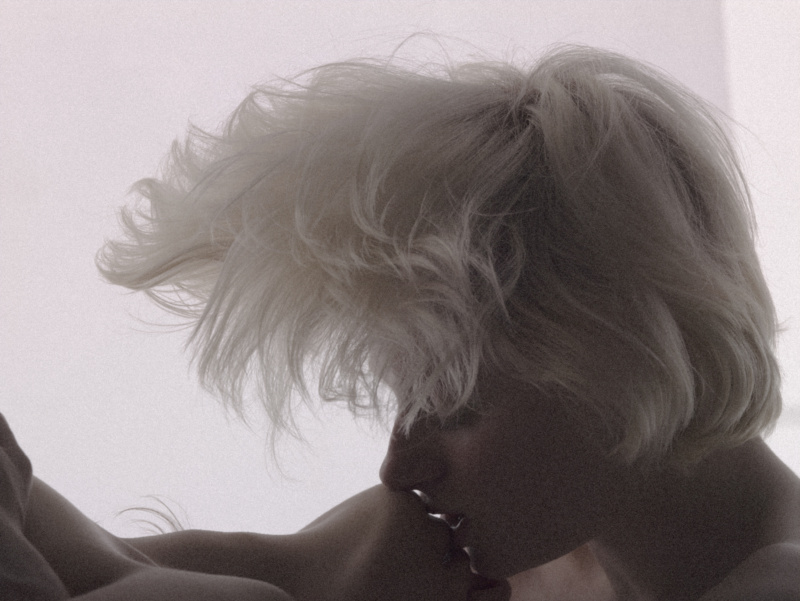
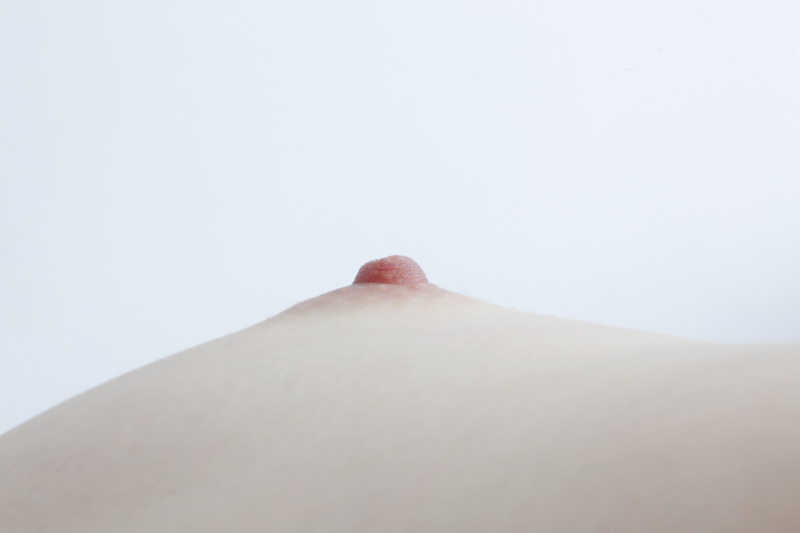
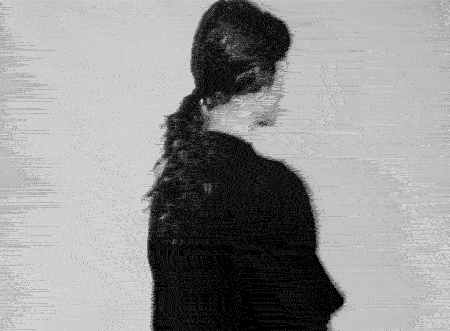
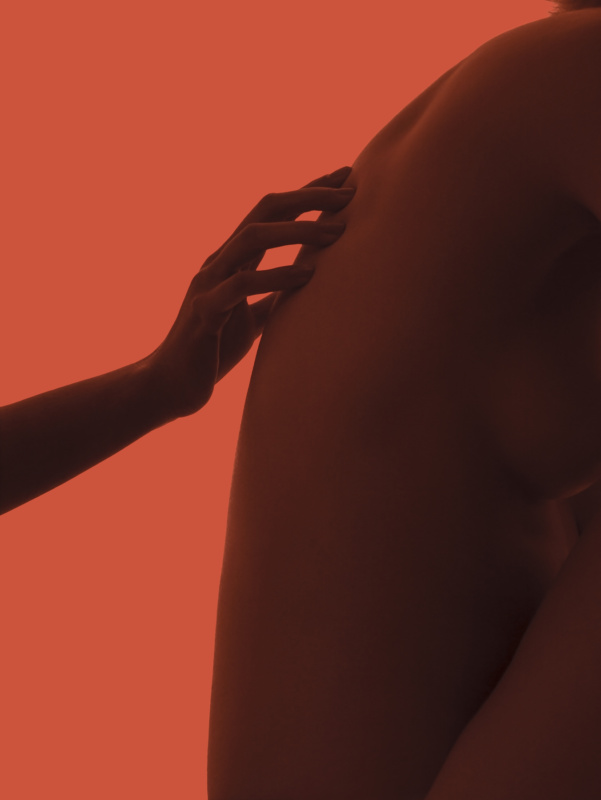
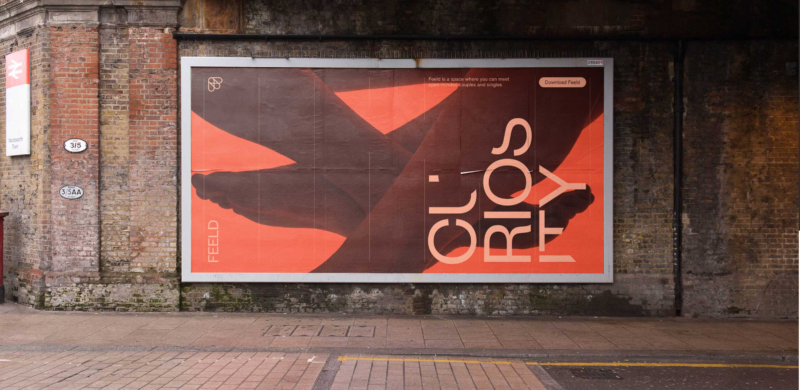
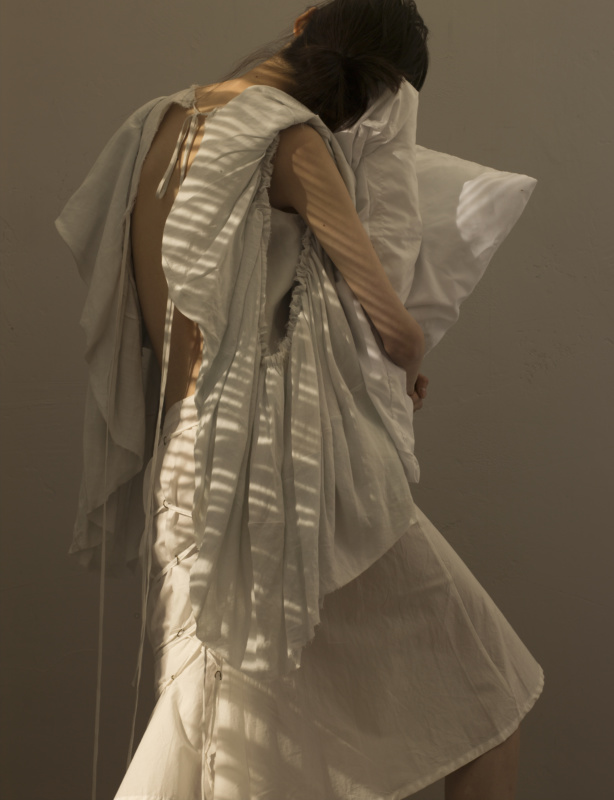
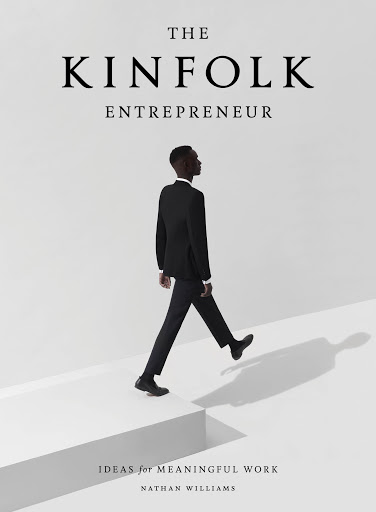
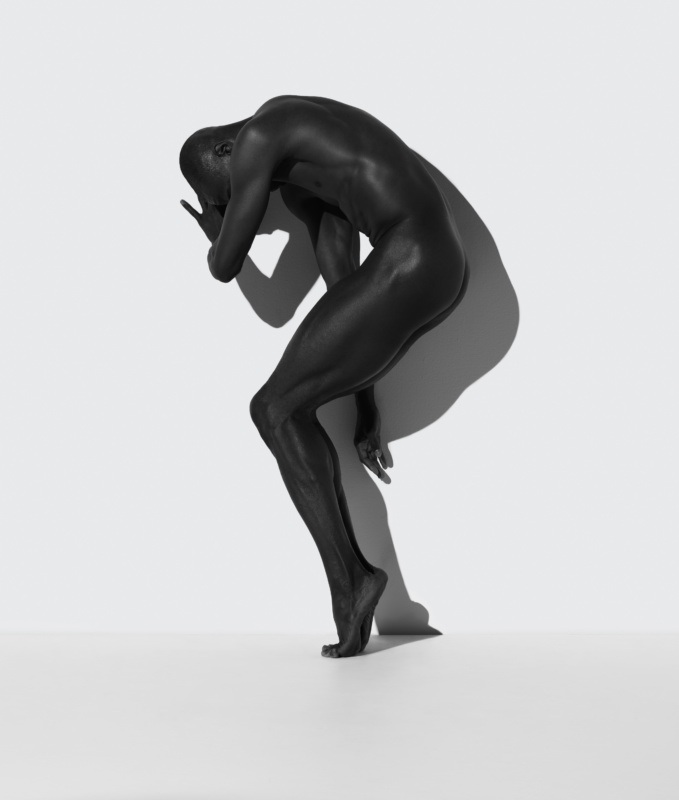
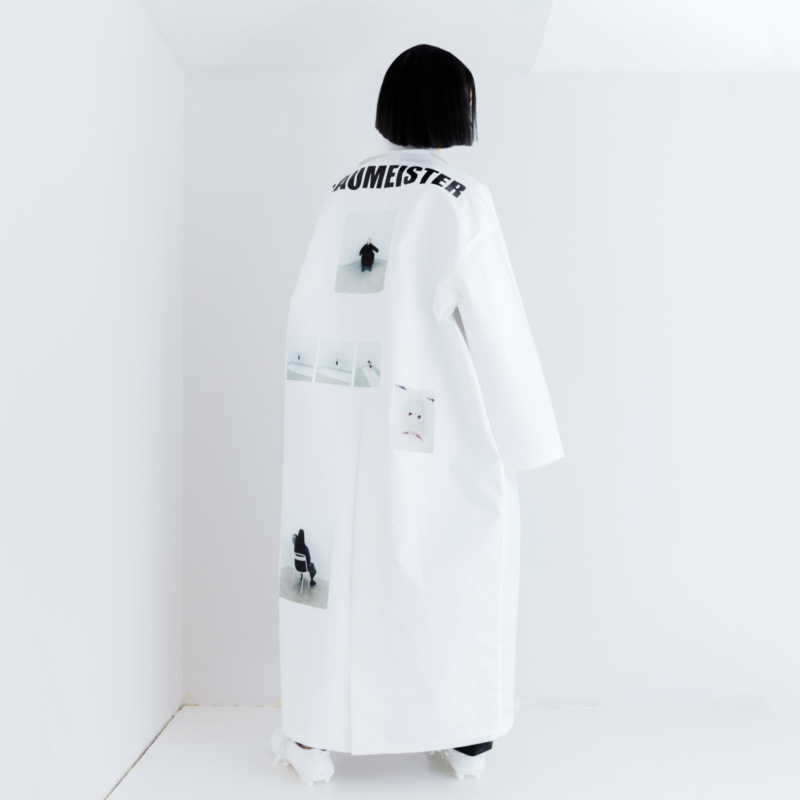
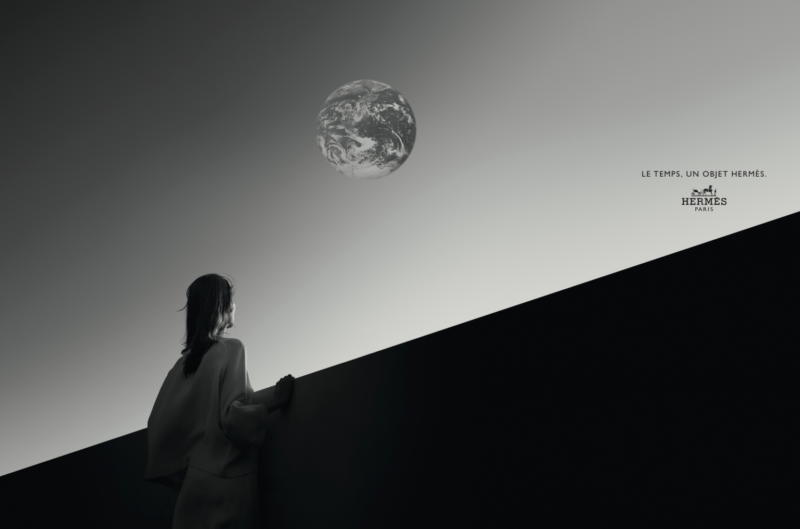

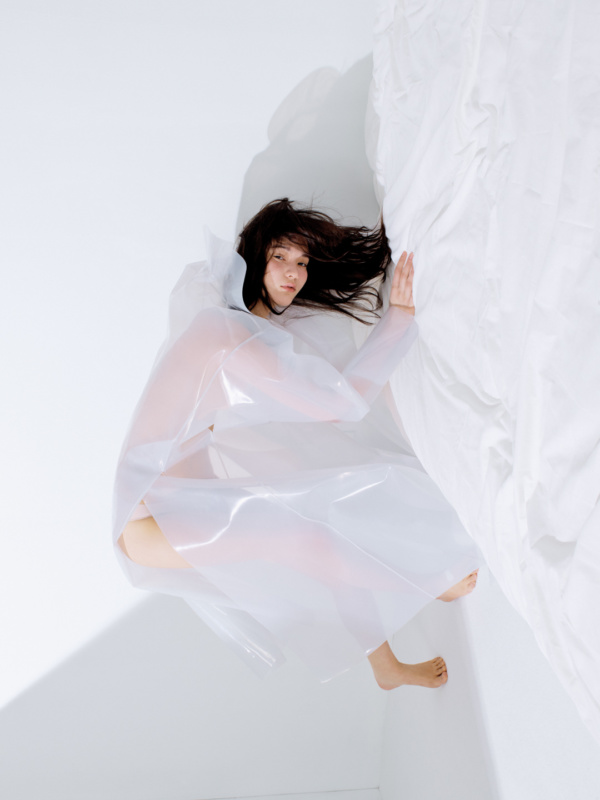
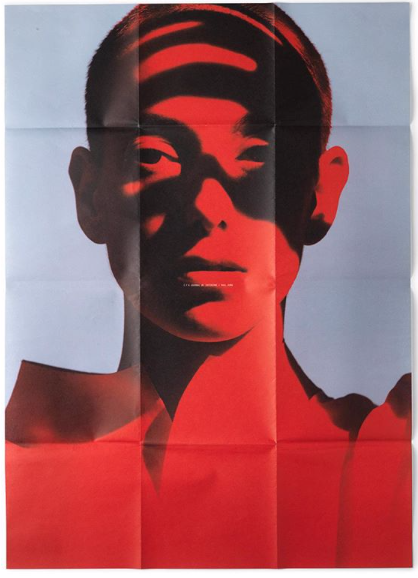
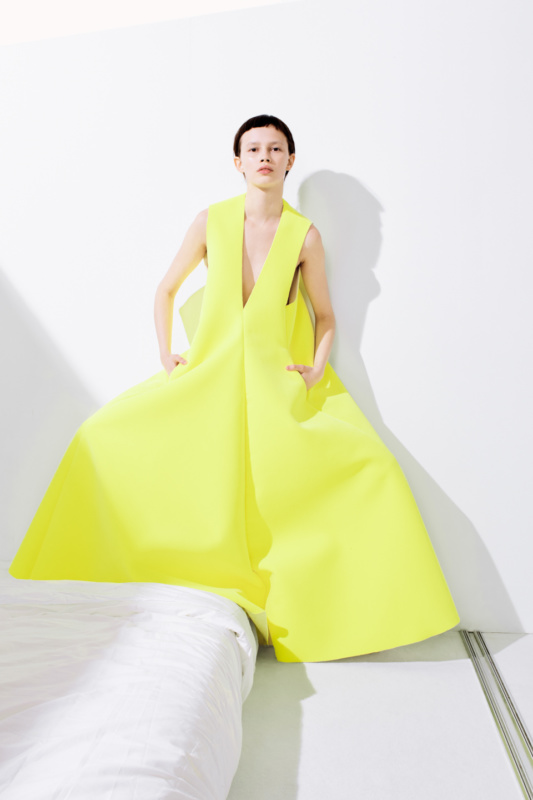
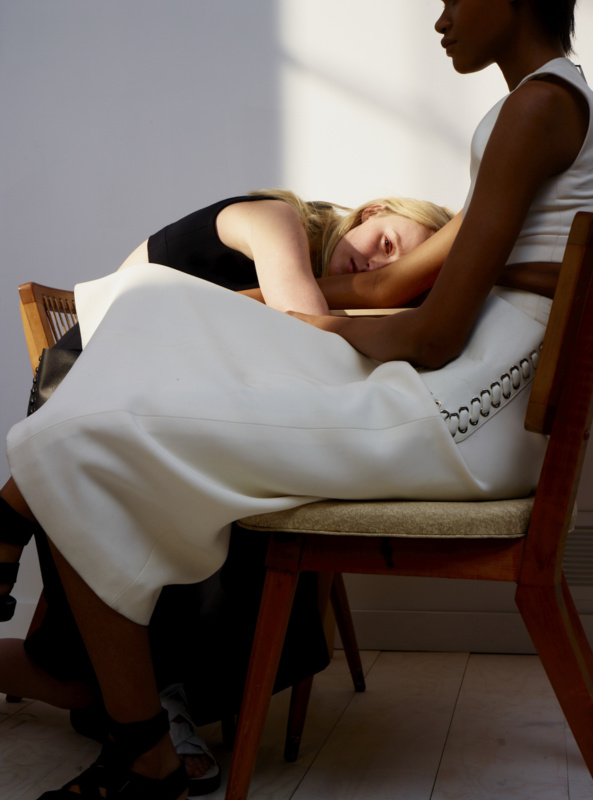
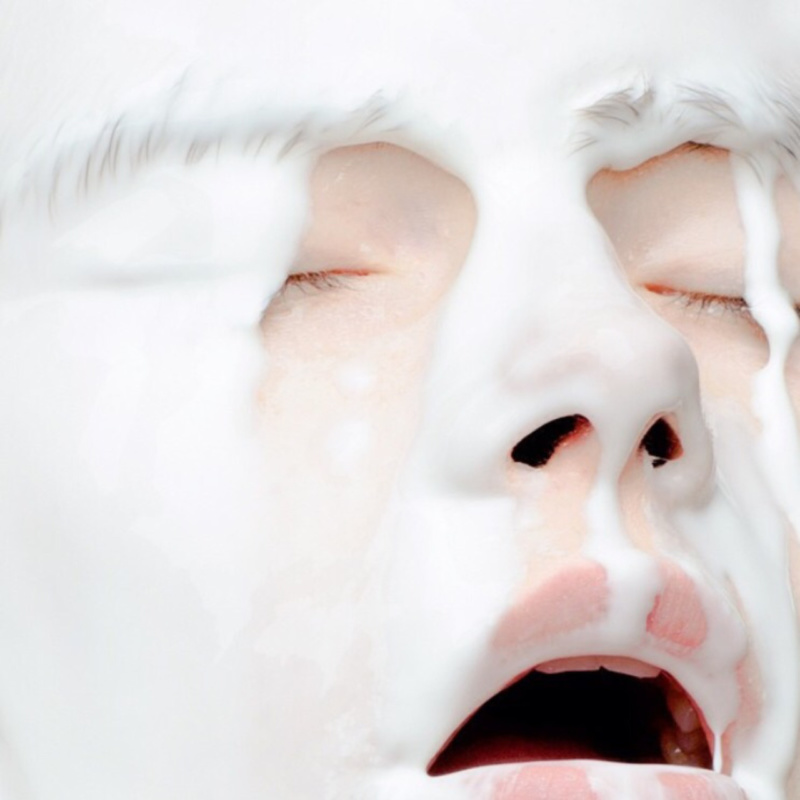
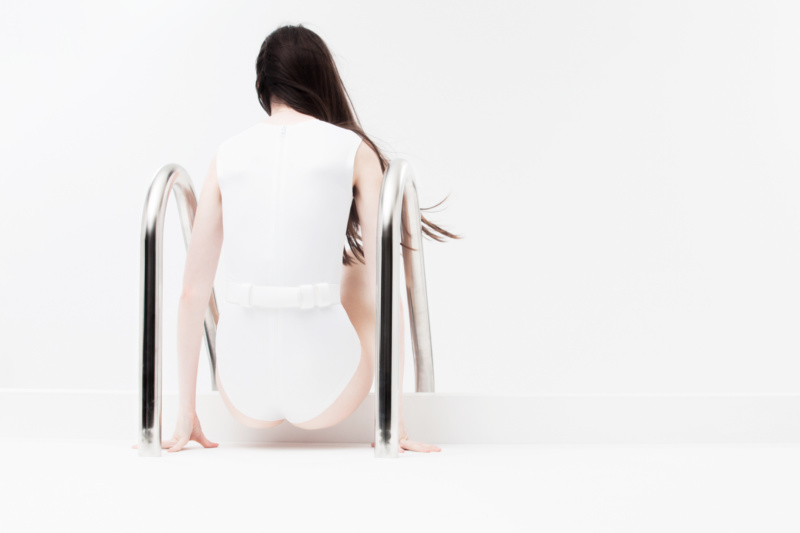
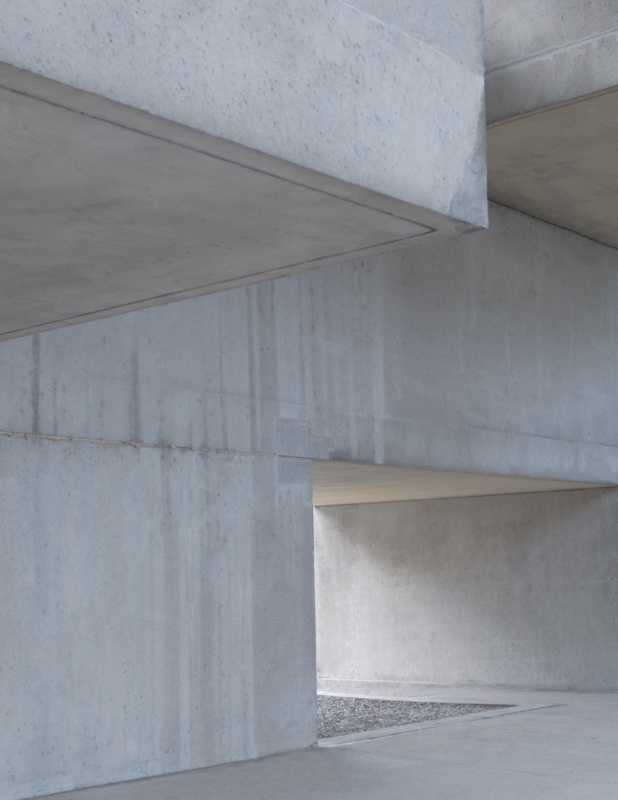

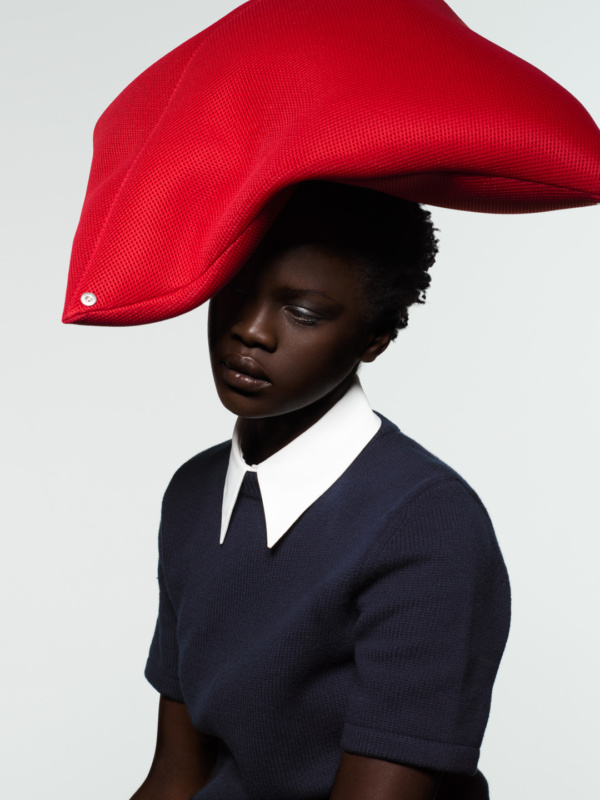
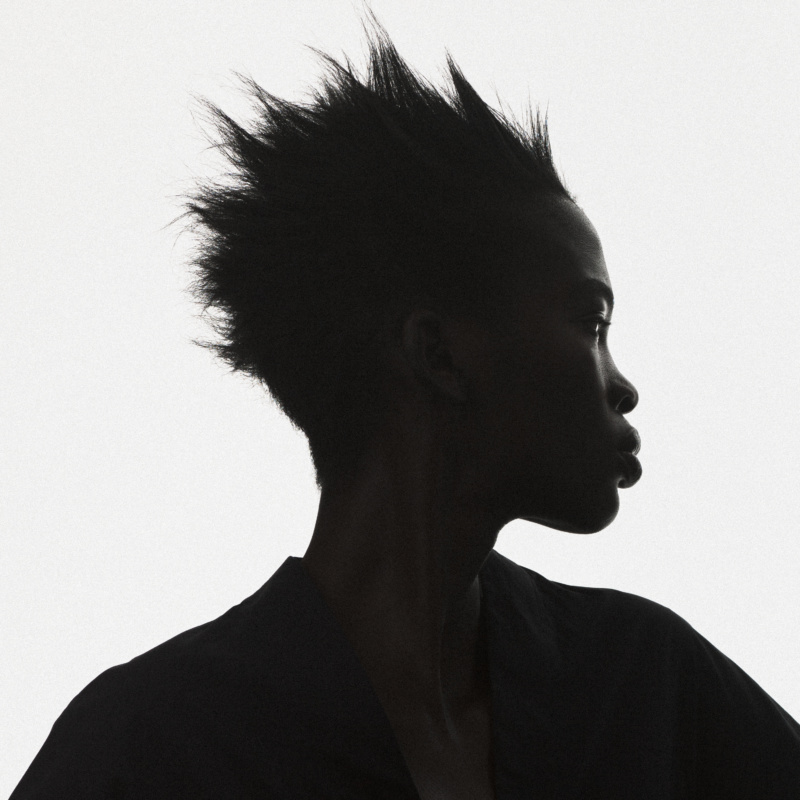
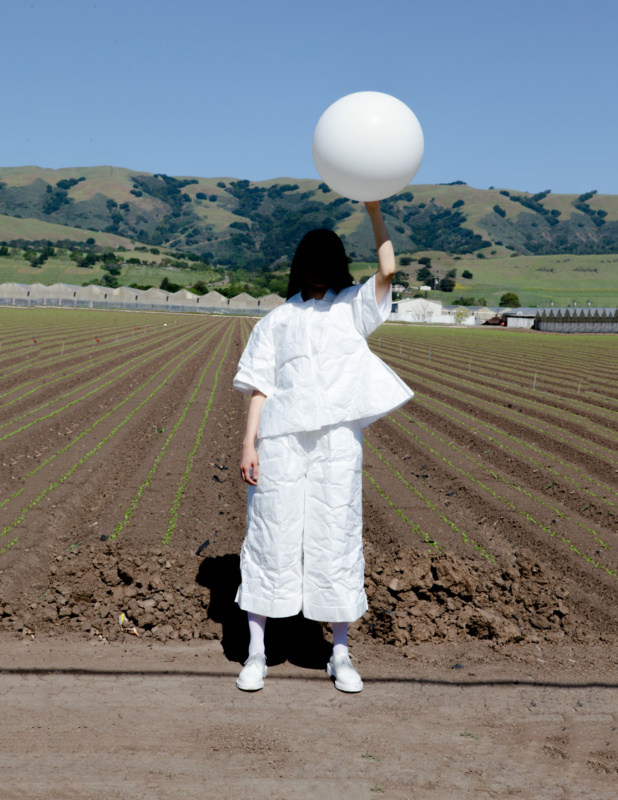
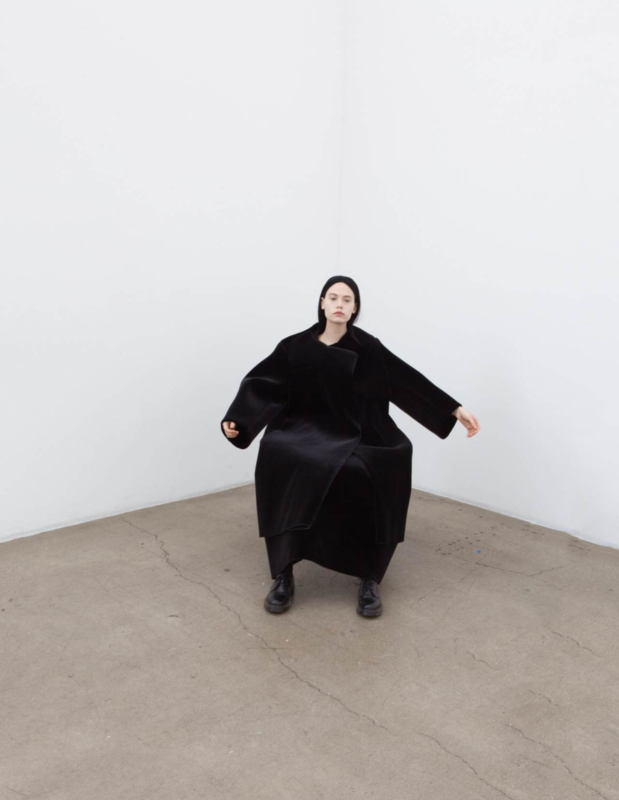
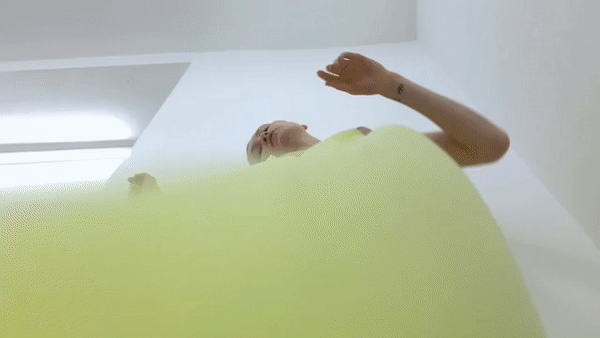
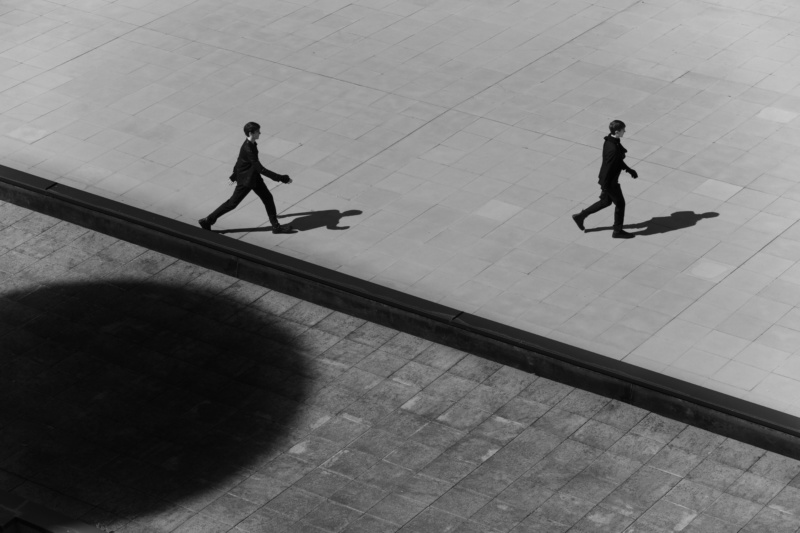
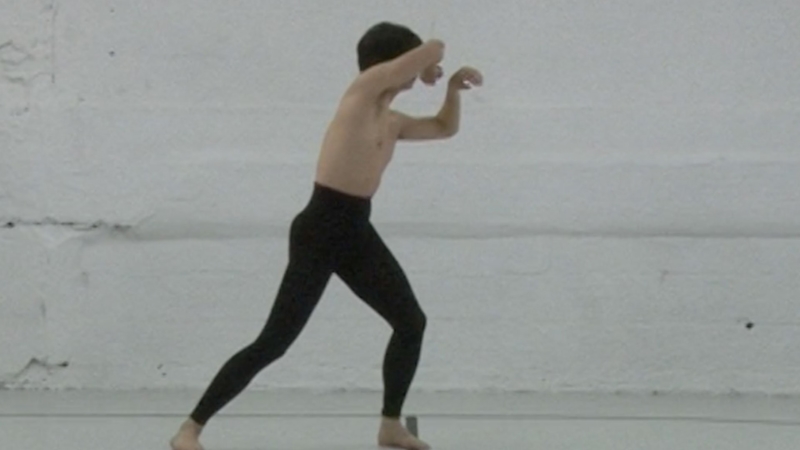
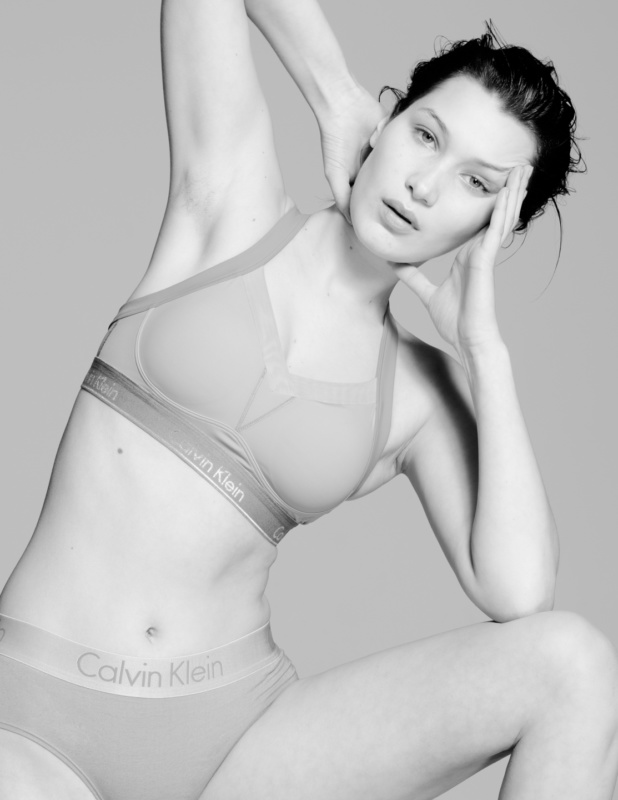
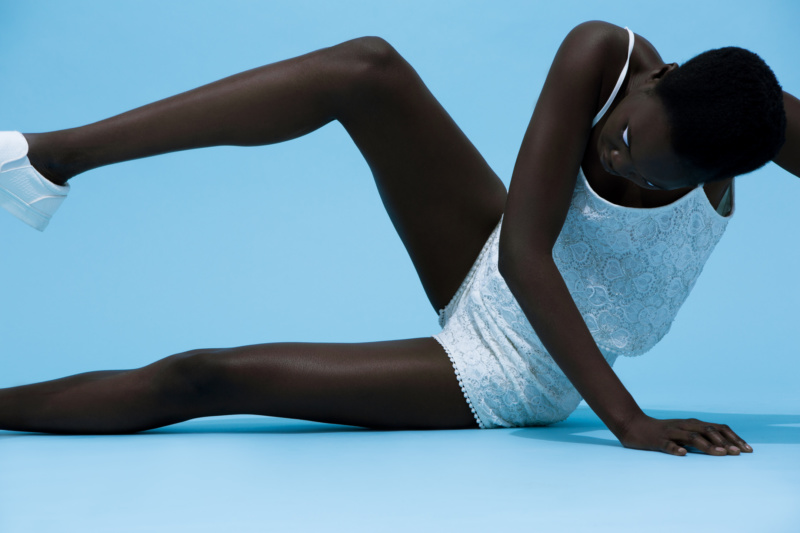
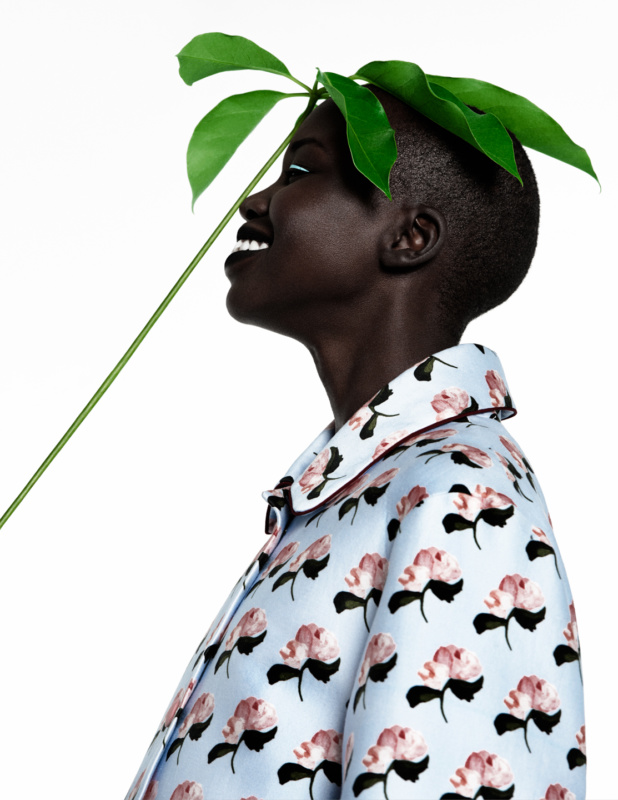
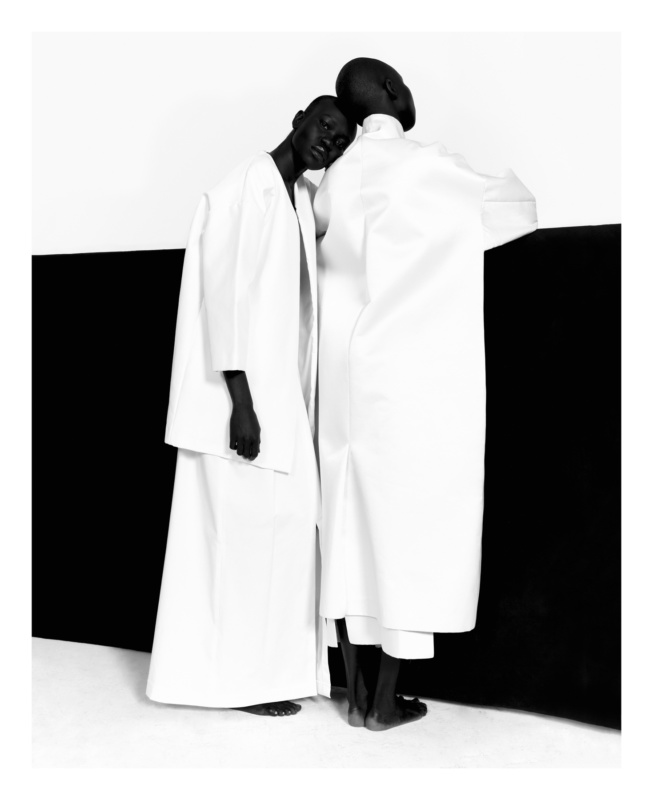
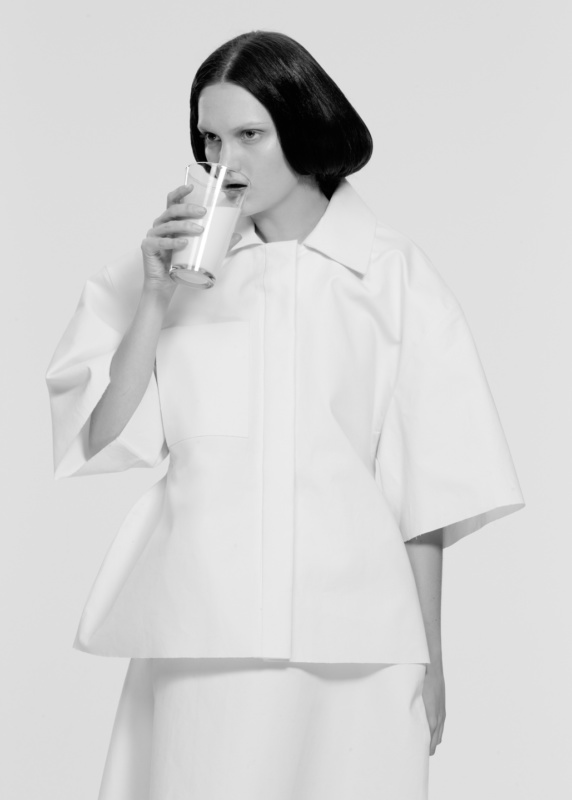
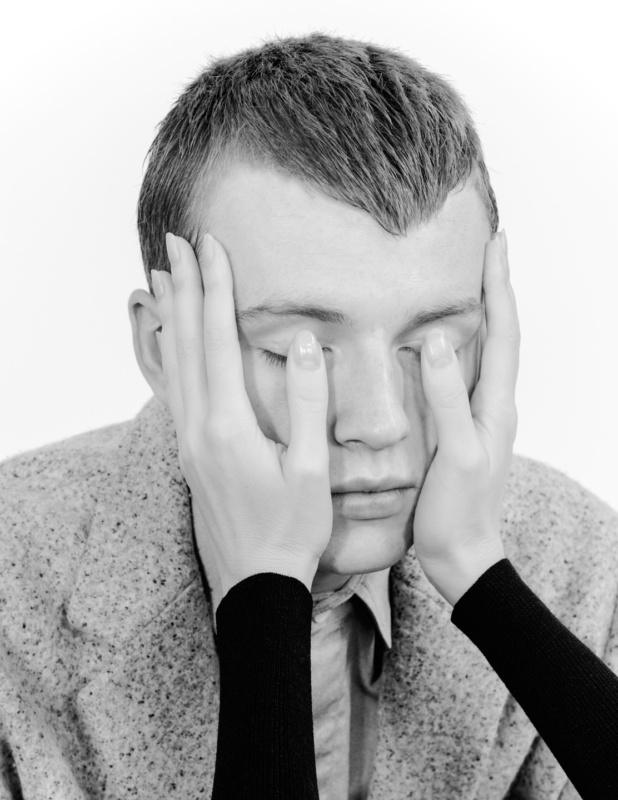
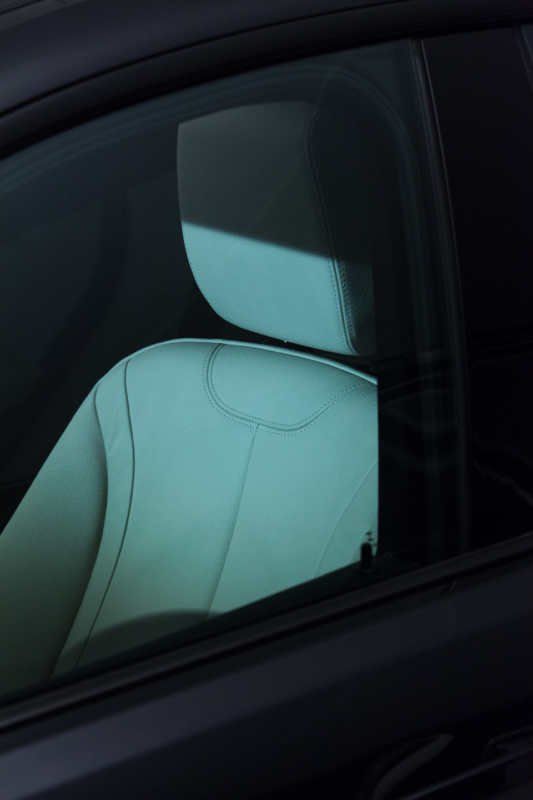
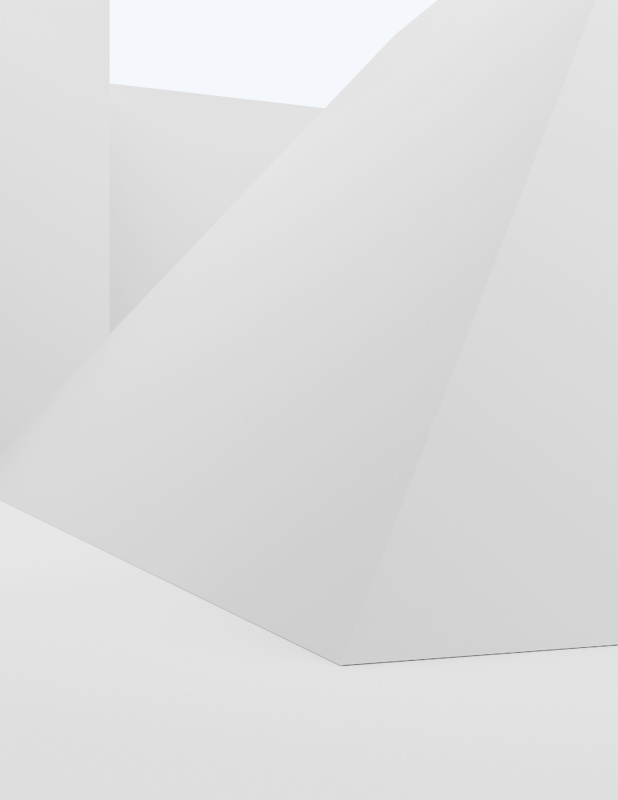
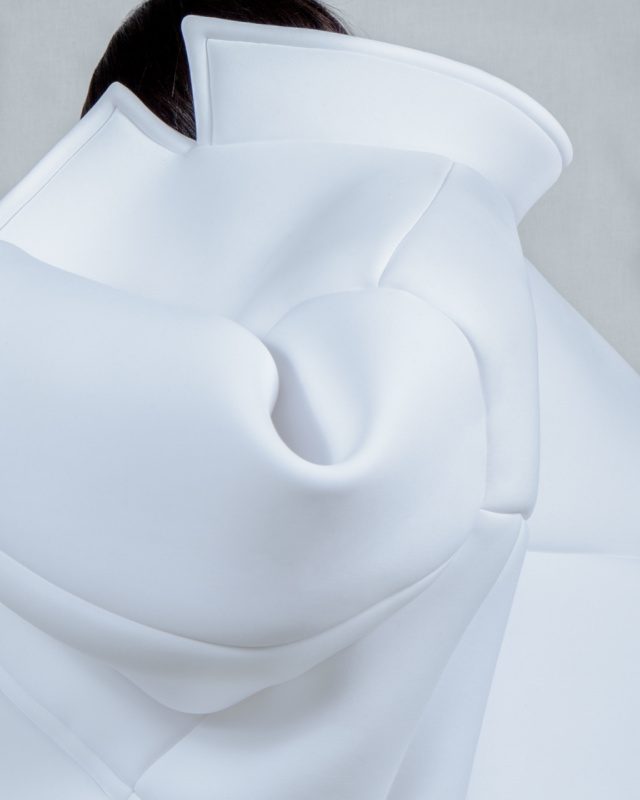
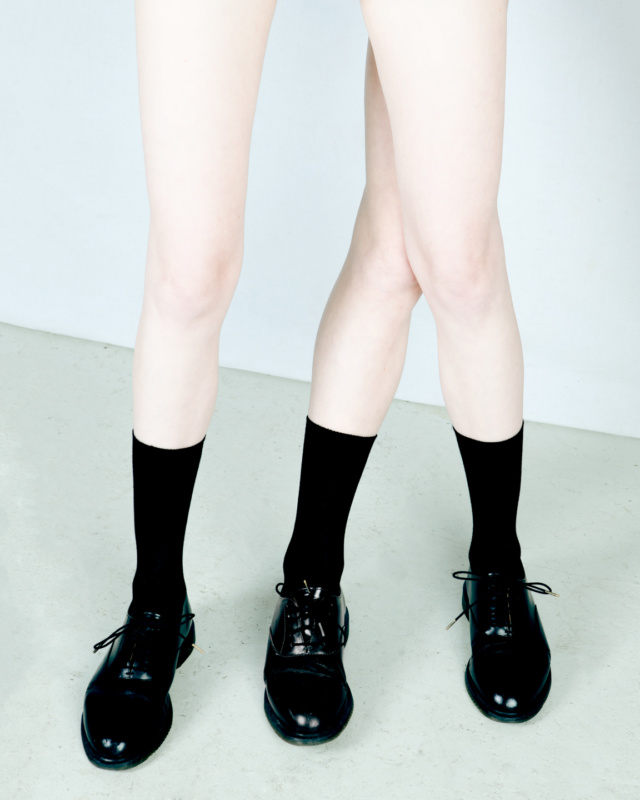
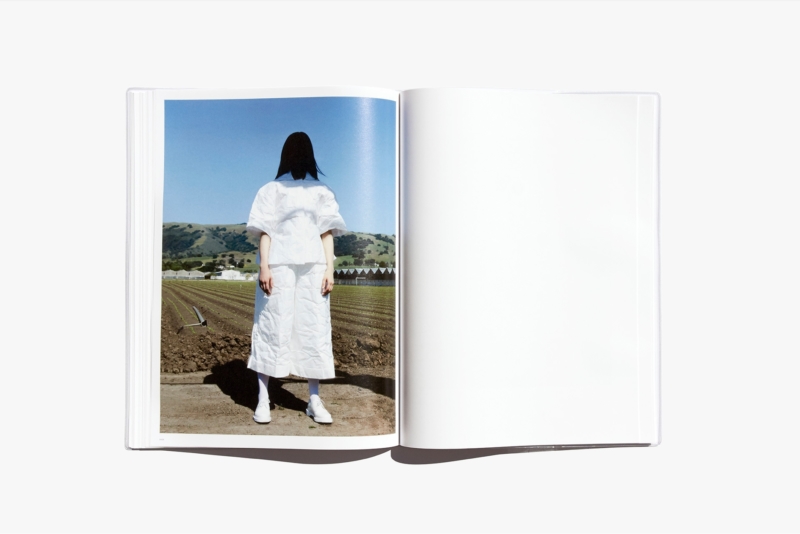
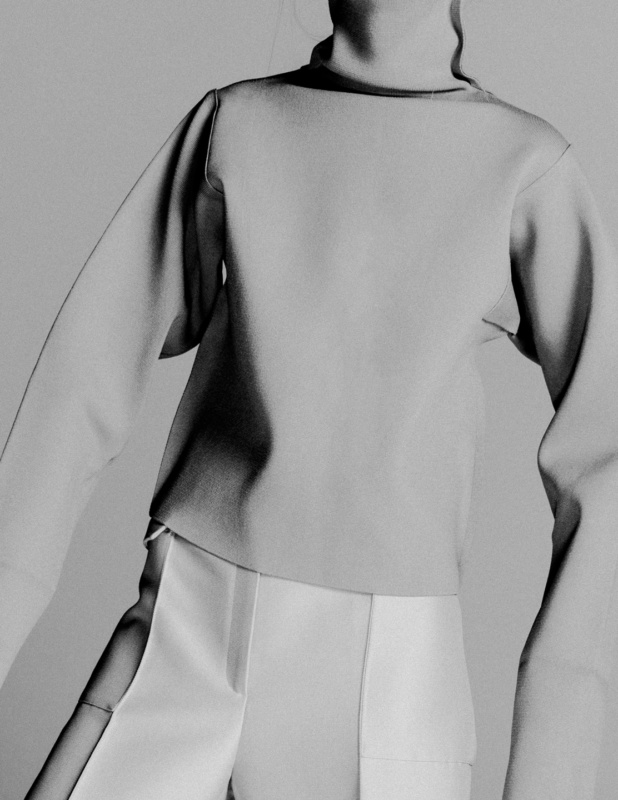
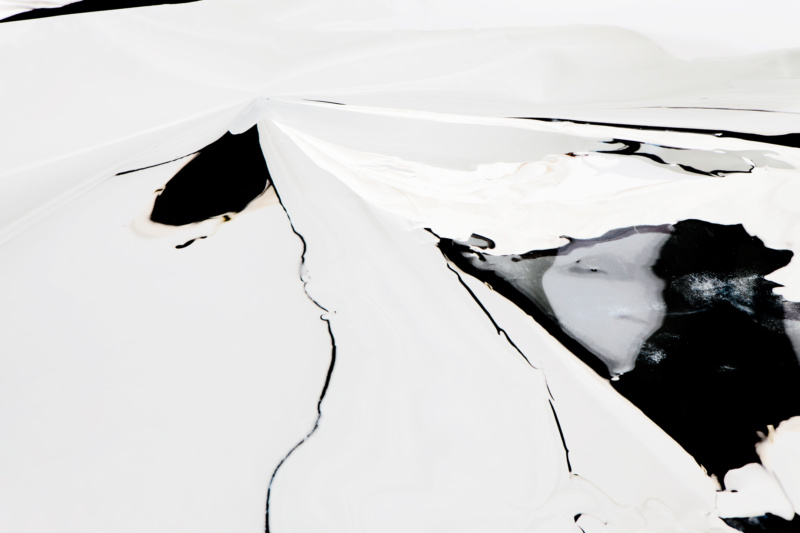
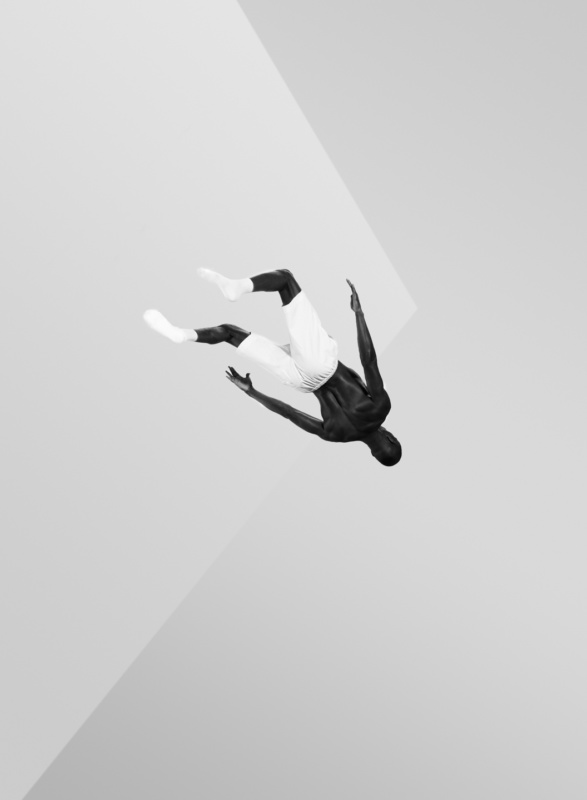
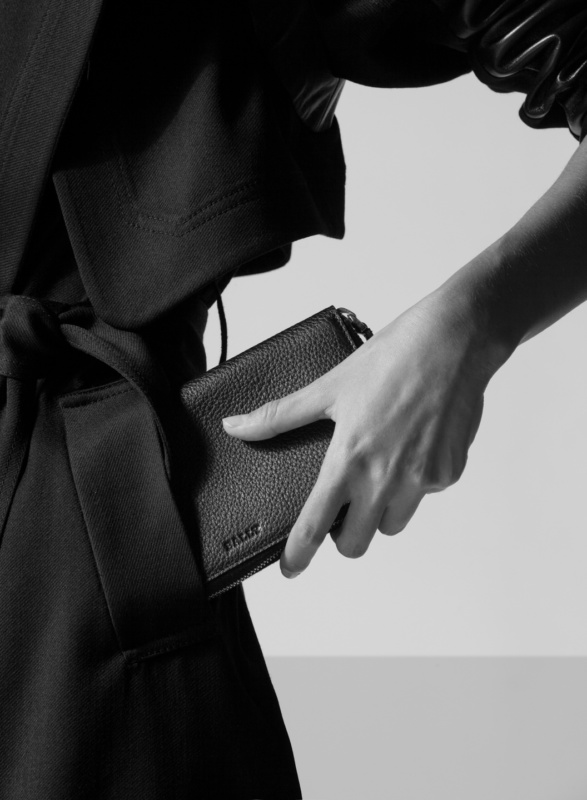
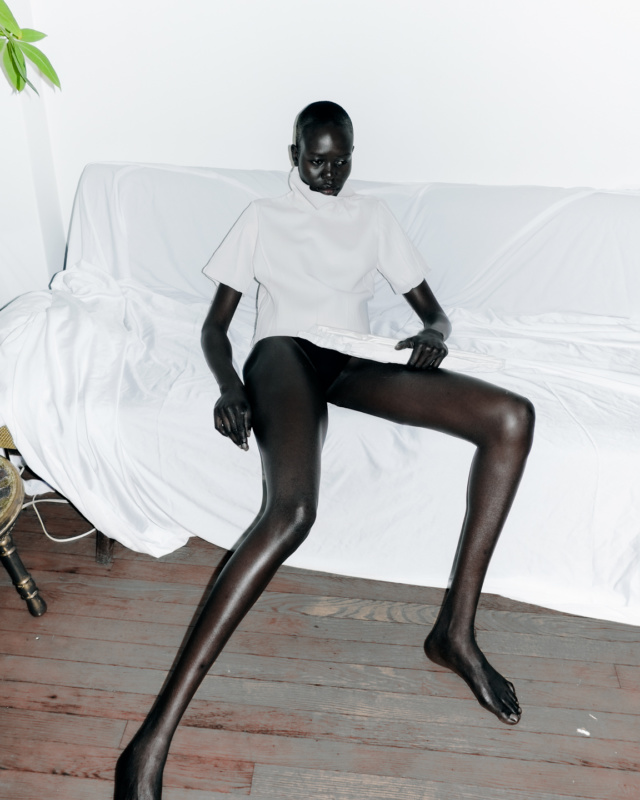
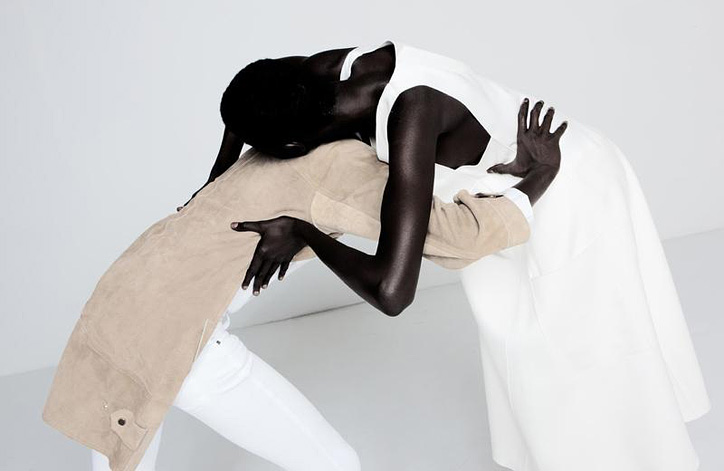
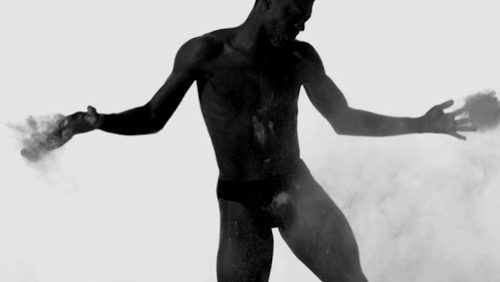
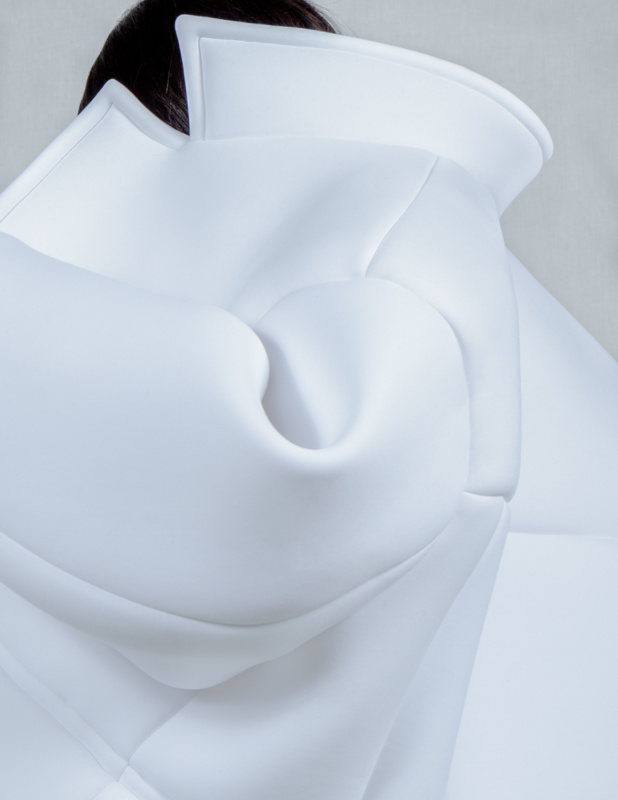
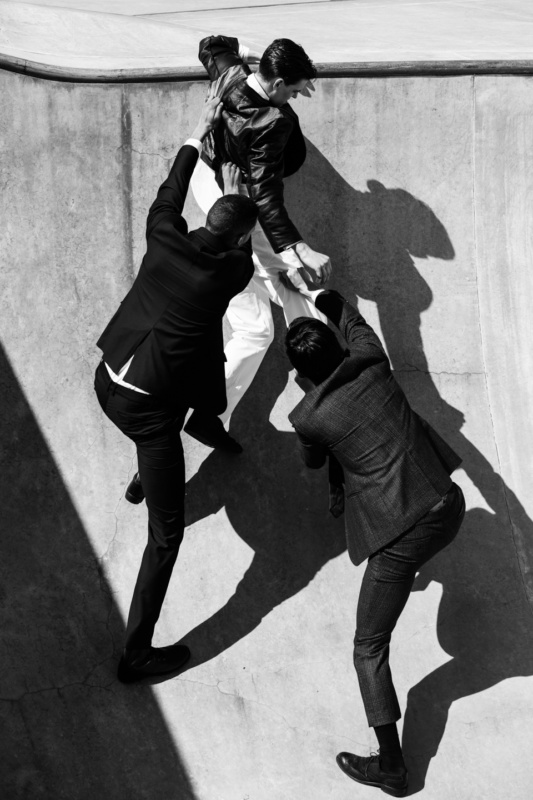
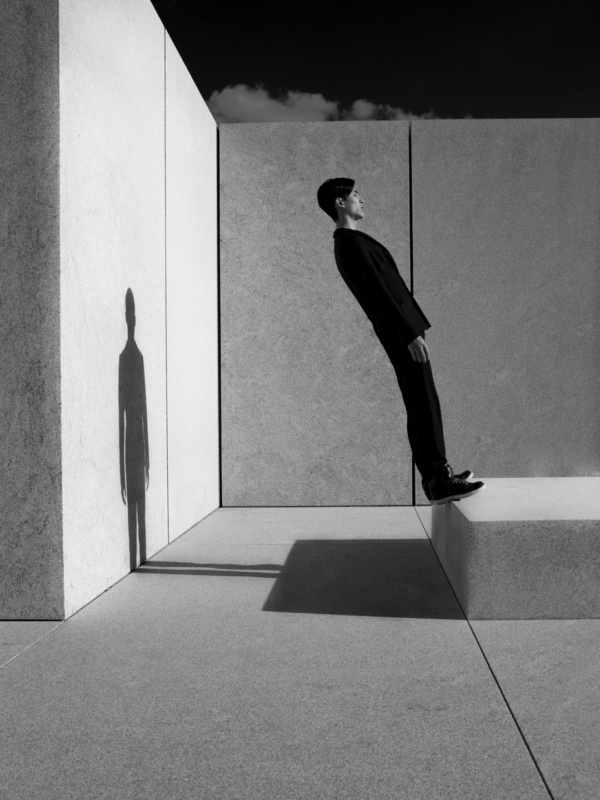
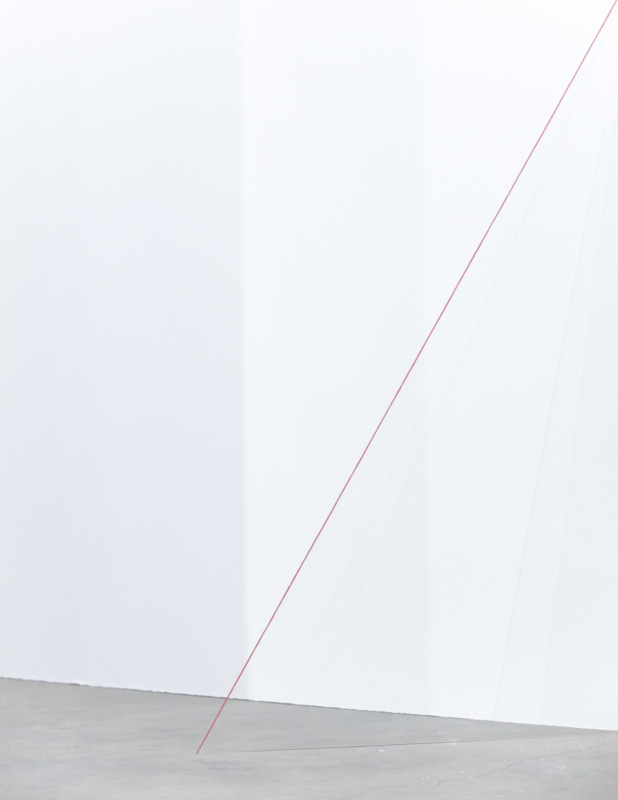
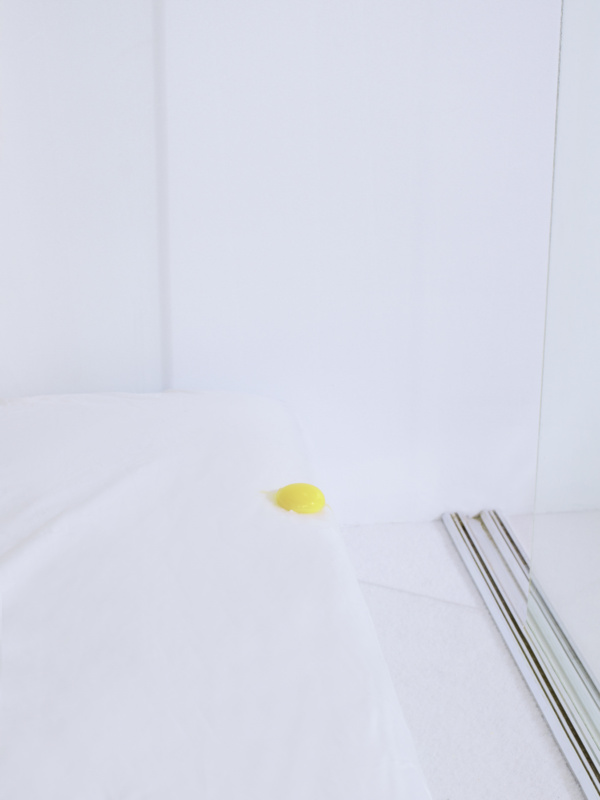
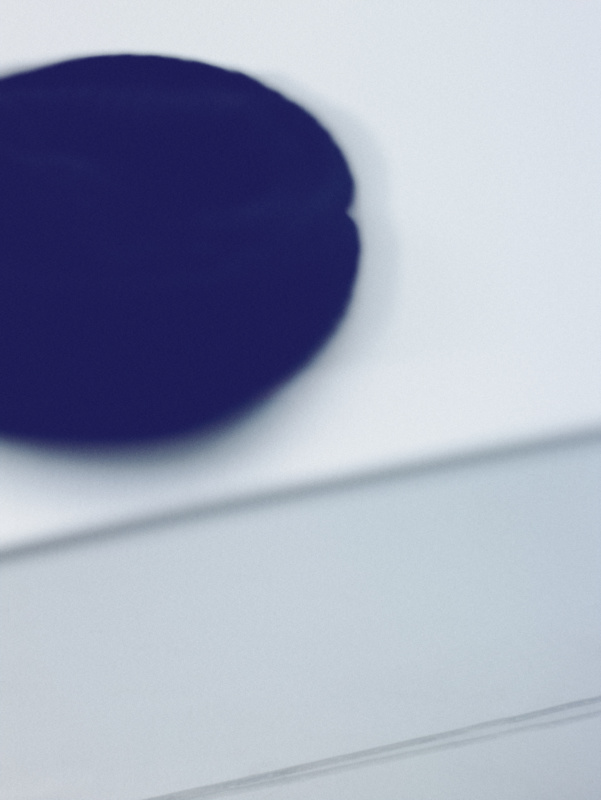
Appendix
Credits
NAVIGATION
( F ) for fullscreen
← → for slide navigation
↑ ↓ for entry navigation
Drag to adjust horizontal and vertical dividers for different sizes.